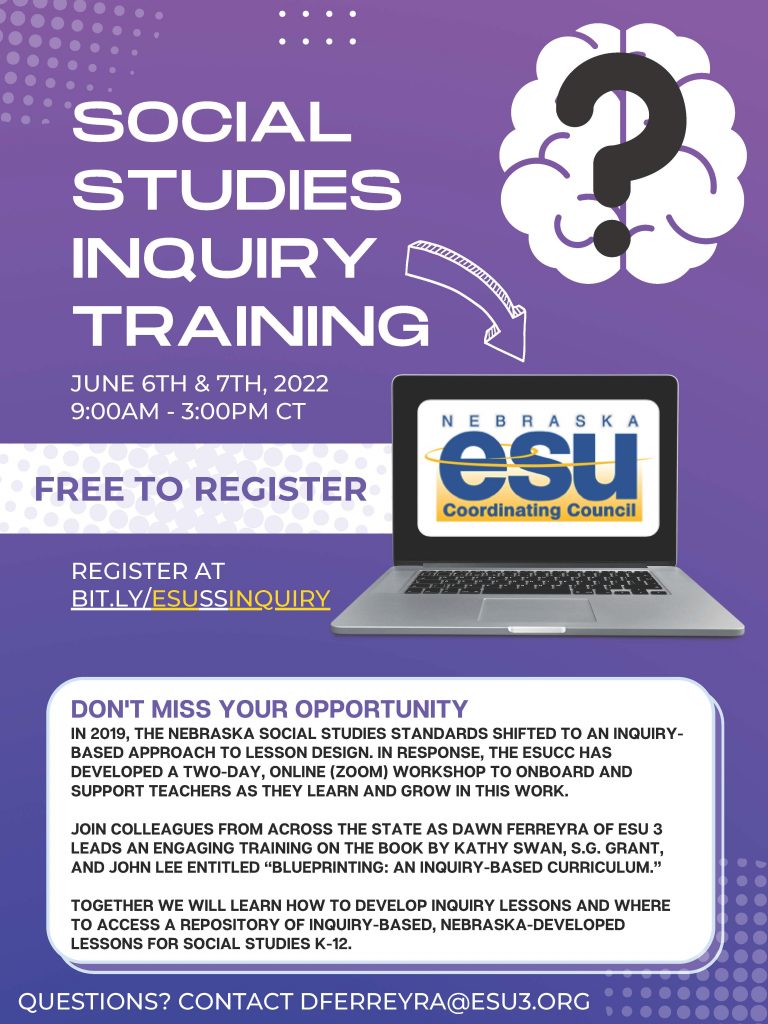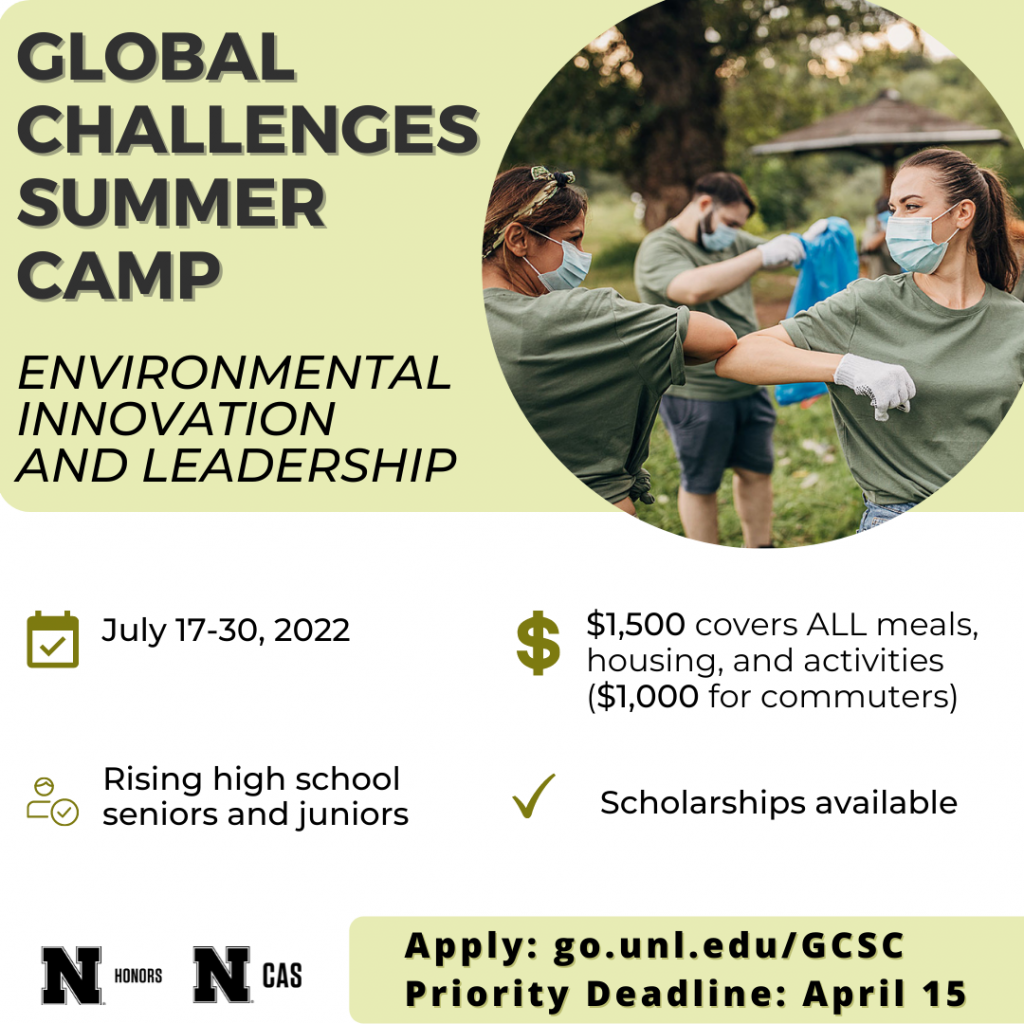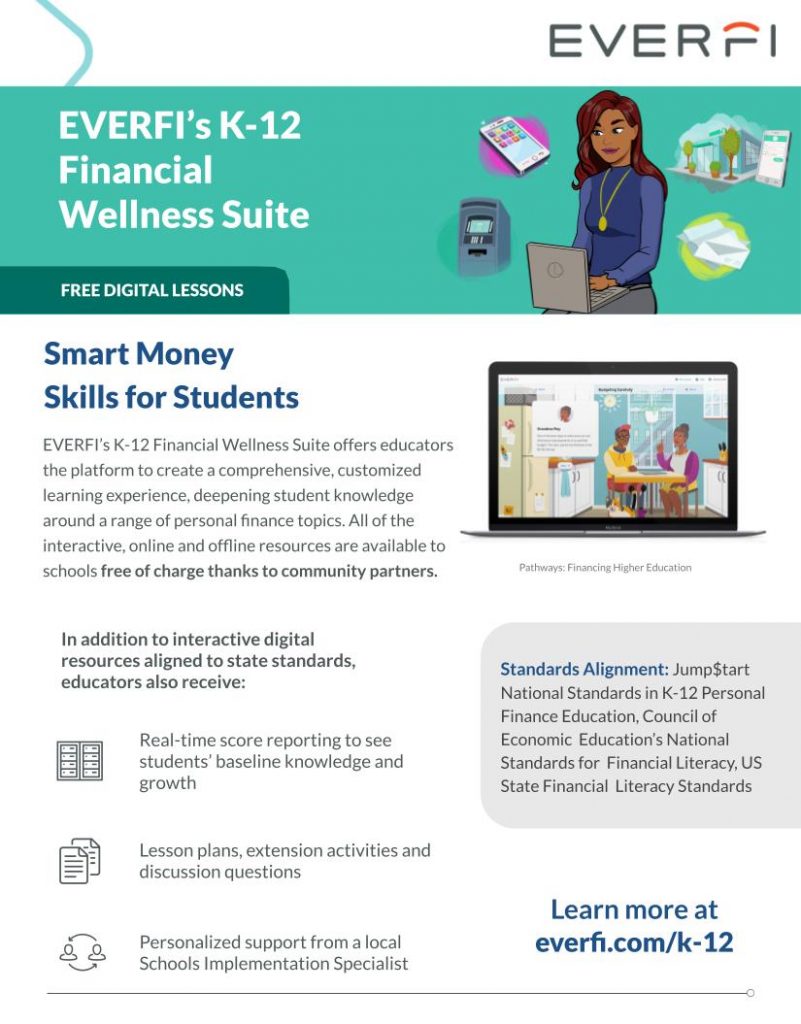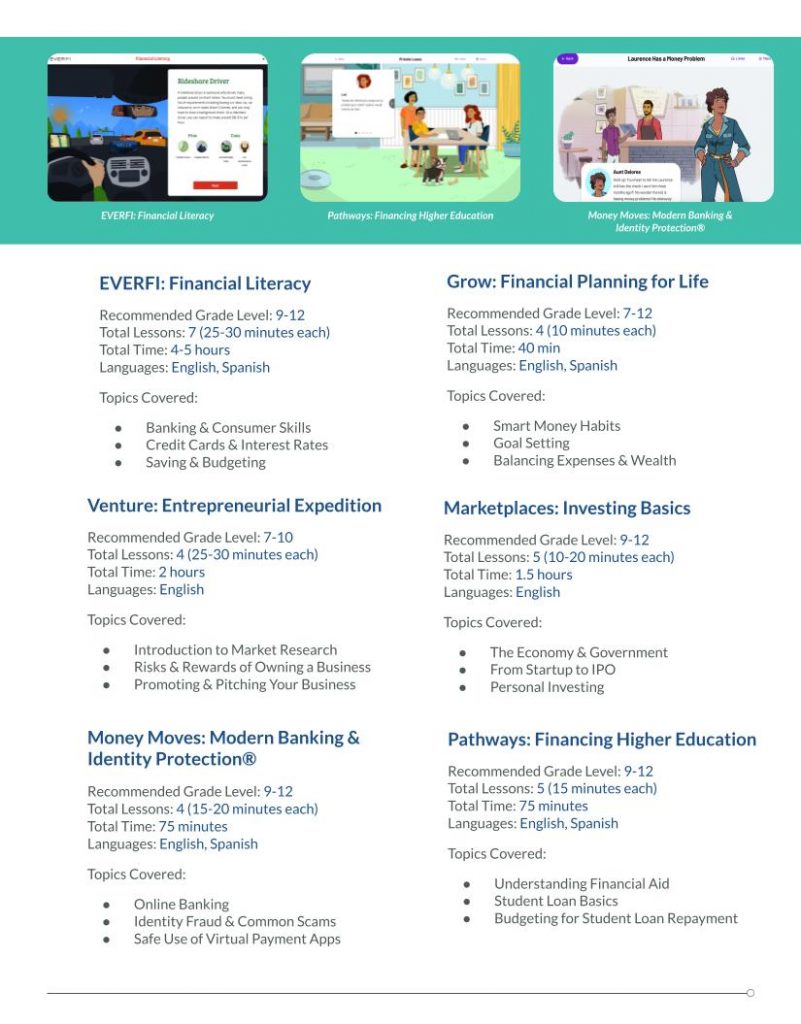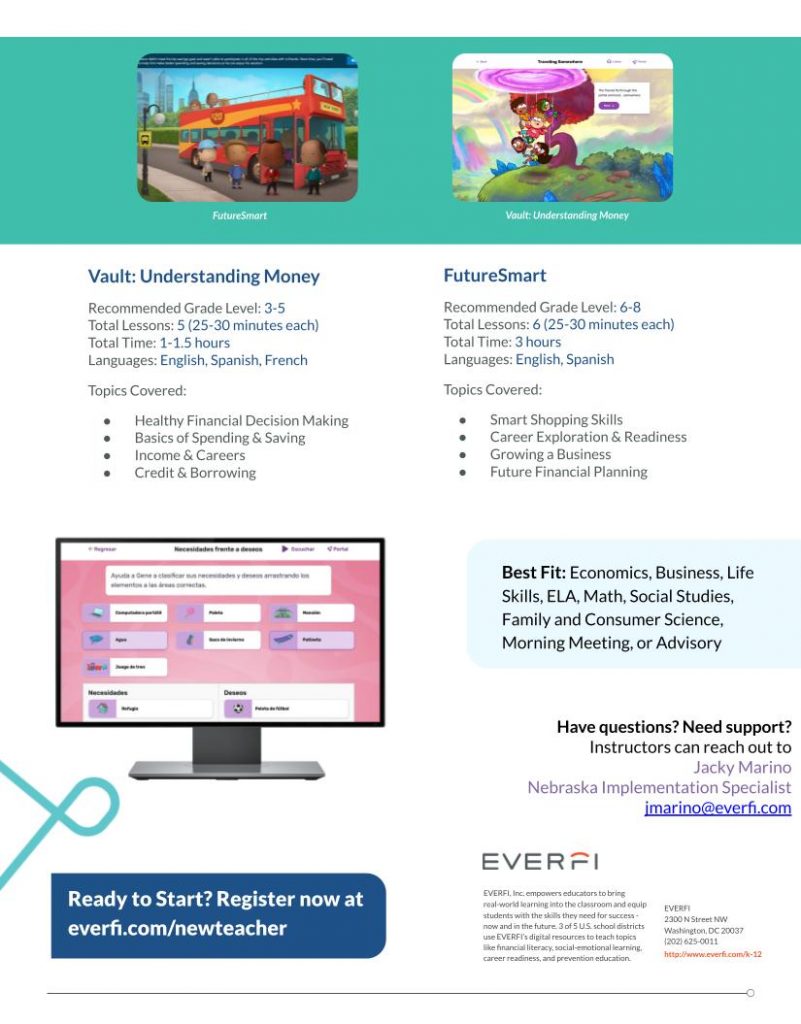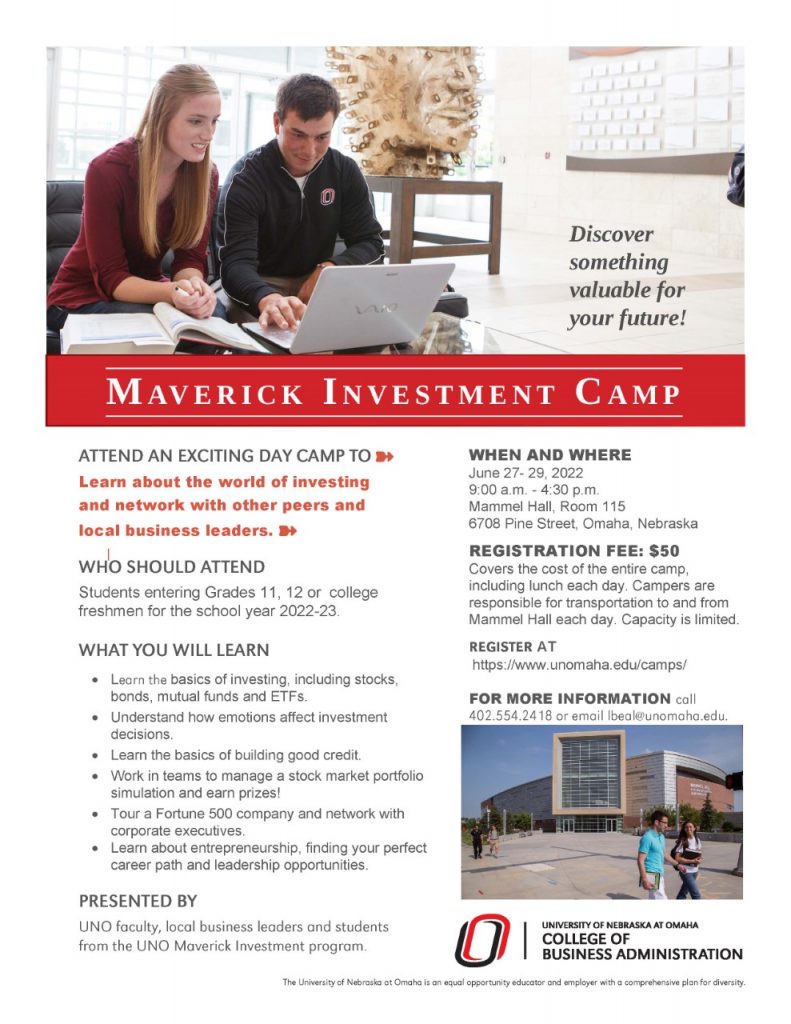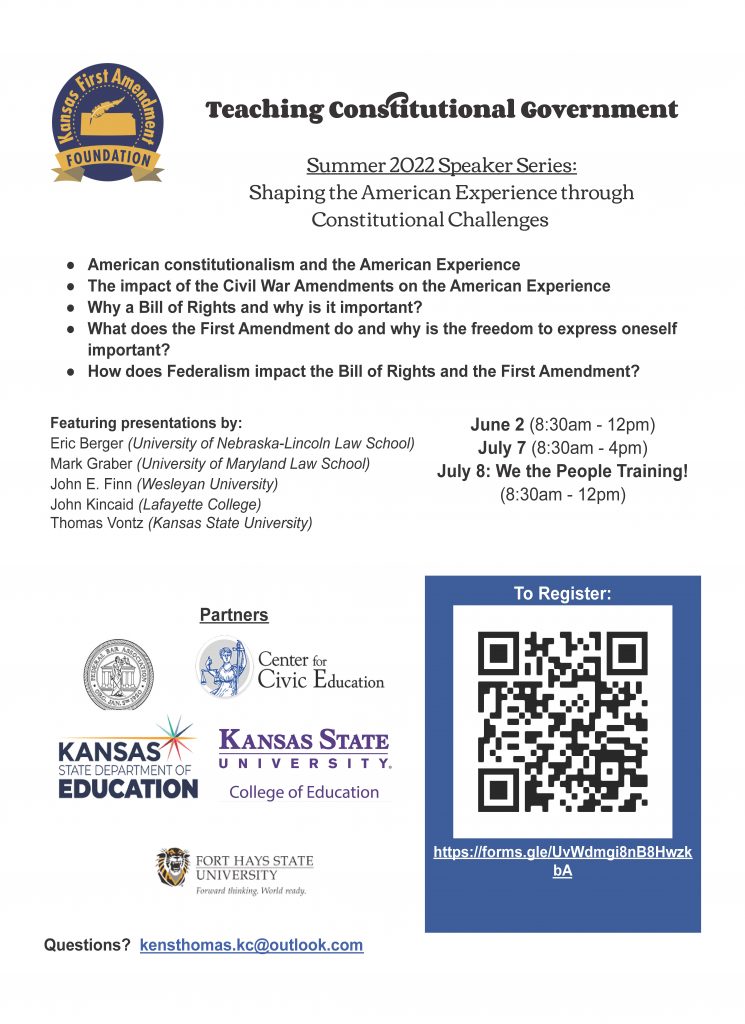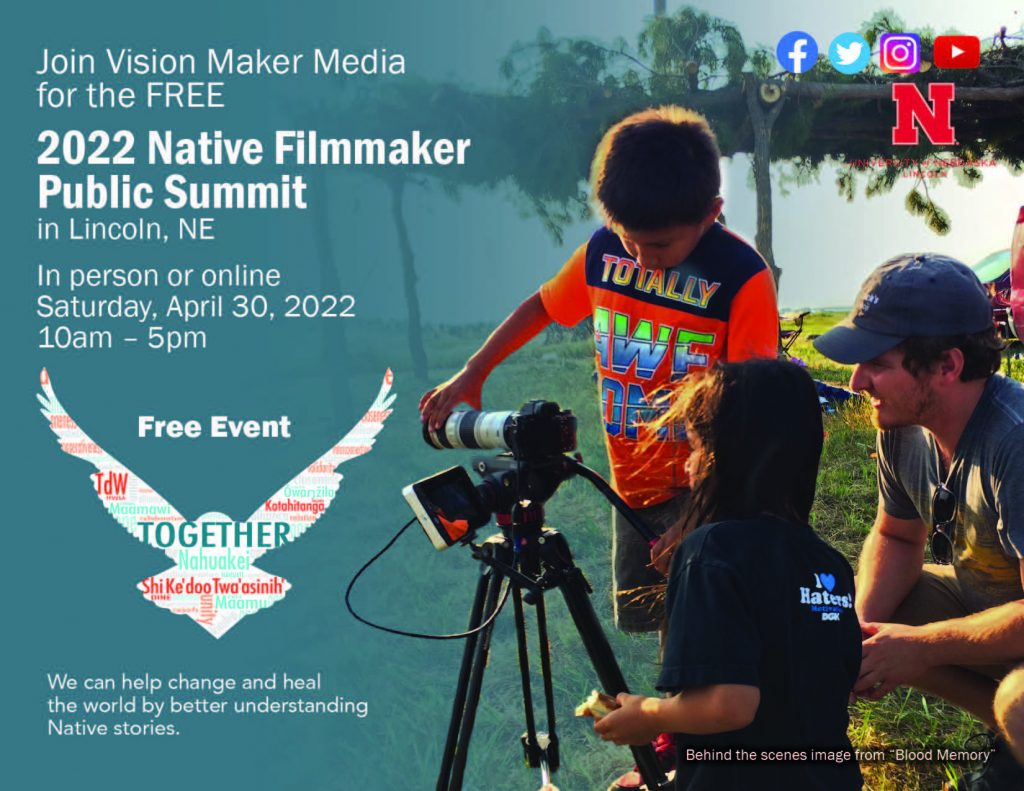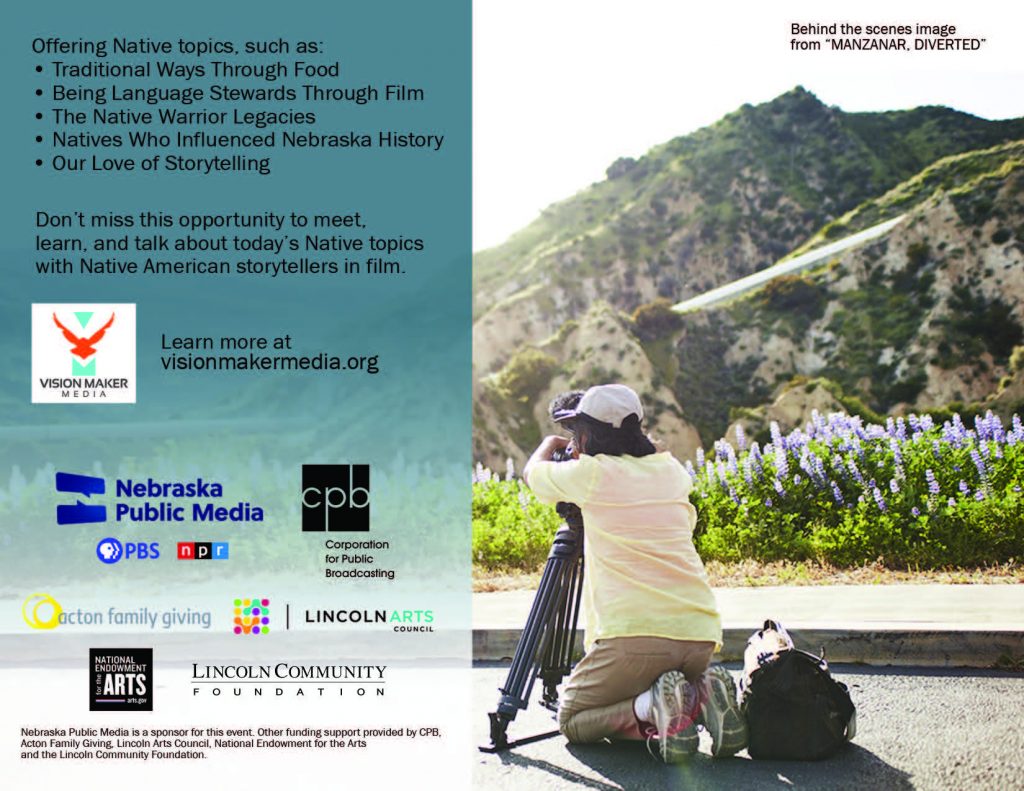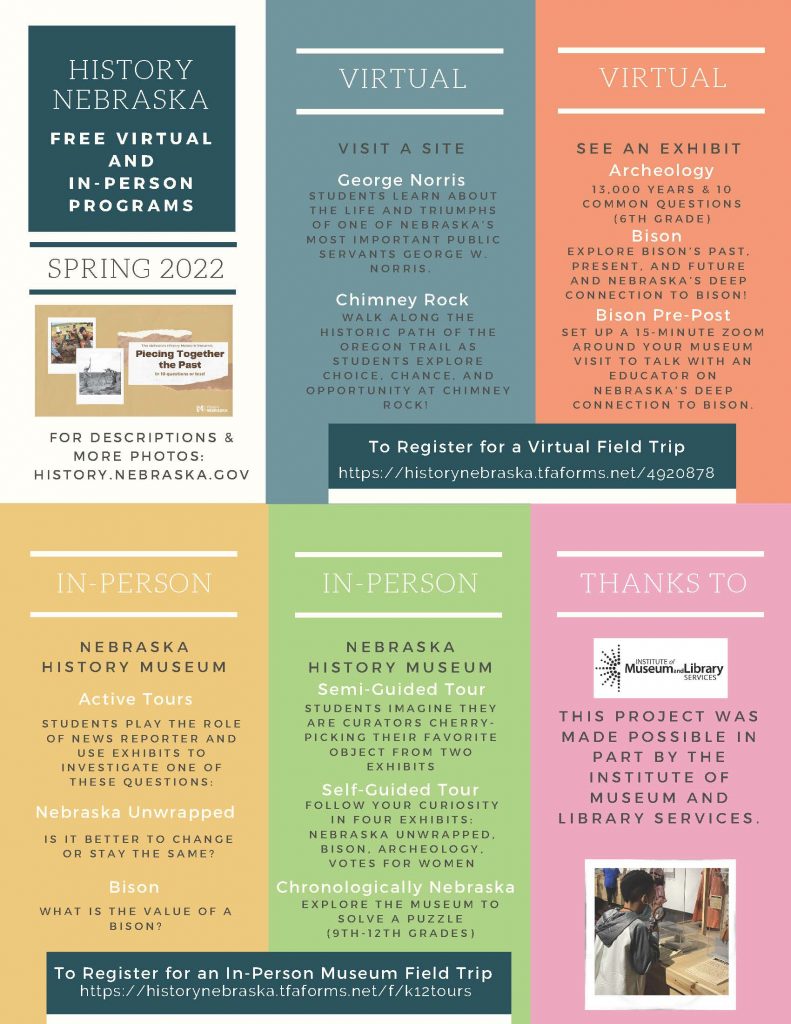NDE is seeking stakeholder input on the proposed High School Computer Science & Technology Standards
The Nebraska Department of Education is seeking stakeholder input on the proposed Computer Science and Technology standards. These standards have been derived from existing course standards in Communication and Information Systems pathways. The information collected will be used as part of the standards review and revision process. Reviewing these standards will take approximately 15 minutes. You will have the opportunity to review all of the proposed standards.
Background
The Computer Science and Technology Act (N.R.S. 79-3301) outlines the requirements for instruction in computer science and technology. Additionally, N.R.S. 79-729 specifies the Computer Science and Technology Act requirement for high school graduation. Beginning with the year 2027-2028, each school district shall require each student to complete at least five high school credit hours in computer science and technology education through a single course or a combination of courses that cover these proposed academic standards.
According to 79-3303, Computer Science and Technology education includes, but is not limited to, knowledge and skills regarding: (1) computer literacy, (2) educational technology, (3) digital citizenship, (4) information technology, and (5) computer science.
Public Input
For this survey, we are interested in your feedback related to the content and rigor on the proposed draft of the Nebraska High School Computer Science and Technology standards.
- Content refers to the knowledge and skills that students are expected to learn as a result of the standards. Content reflects the “what” students would learn. Content does not refer to specific curriculum or teaching methods that would be used in a school or classroom.
- Rigor refers to the depth of thinking and learning the standard requires. Standards that are rigorous encourage deeper thinking, advanced skill development, and help students apply their learning in a variety of contexts.
You can access the survey by clicking on this Survey Link. The survey will close on Friday, October 6th. Please share and forward this survey with other members of your school, district, students and families, and organizations who could additionally provide valuable input on these standards.
Summer 2023 Assessment Development Opportunities
The NDE Statewide Assessment team is seeking educators to participate in assessment development and review opportunities. Stipends are available. Find the application for ELA, Math, Science, and Alternate work on the Test Development & Application webpage.
Technical Advisory Committee Meeting March 2, 2023
The Nebraska Technical Advisory Committee Meeting will be held virtually on March 2, 2023, 9:00 AM -1:00 PM CT.
TAC Meeting
The next Technical Advisory Committee meeting is virtual on Jan 11, 2023 from 12-4 CST. Please, go to the TAC page for more information.
May 2022 Newsletter
Another One Bites the Dust! Closing Out the 2021-2022 School Year
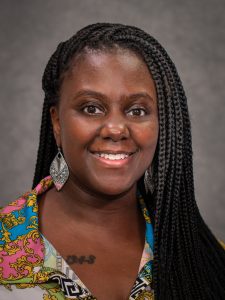 I cannot believe it! Here we are closing out another school year. Each and everyone of you May’ed it! Nebraska social studies educators, you all are a special bunch who keep rising to the occasion. In the past year you all have done some pretty amazing things! You are embracing inquiry, selecting high-quality instructional materials for students, figuring out how to effectively teach multicultural education, and centering civics regardless of the social studies discipline. I have had the pleasure of sharing in this work with educators from across the state of
I cannot believe it! Here we are closing out another school year. Each and everyone of you May’ed it! Nebraska social studies educators, you all are a special bunch who keep rising to the occasion. In the past year you all have done some pretty amazing things! You are embracing inquiry, selecting high-quality instructional materials for students, figuring out how to effectively teach multicultural education, and centering civics regardless of the social studies discipline. I have had the pleasure of sharing in this work with educators from across the state of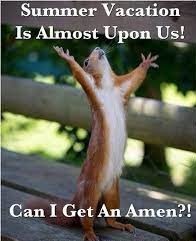 Nebraska, including Oshkosh, Ainsworth, Shickley, Wakefield, and all of the places in between. You all have reached out to me with your questions, concerns, and hopes for the future. This year has not been without its own challenges and I am just so stinkin’ proud of how social studies educators have handled them all! In the coming school years, I look forward to all that you all will continue to do for Nebraska students.
Nebraska, including Oshkosh, Ainsworth, Shickley, Wakefield, and all of the places in between. You all have reached out to me with your questions, concerns, and hopes for the future. This year has not been without its own challenges and I am just so stinkin’ proud of how social studies educators have handled them all! In the coming school years, I look forward to all that you all will continue to do for Nebraska students.
Just as last year, the newsletter will pause during the summer months. This should be a time of rest, relaxation, and time spent with loved ones. You do not need me bombarding you with more information. Because the monthly newsletter will pause in June and July, I have jam packed this month’s outreach with as much as I could! I hope you find the resources helpful. Enjoy your summer break and we will chat again!
All my best, wishing you and yours the best summer vacation ever!
-Ebony
New Social Studies Vision and Mission Statements
Did you know that it has been almost thirty years since the vision and mission statements for social studies in Nebraska have been updated? According to opengrowth.com, “A vision and mission is important for strategic direction. It helps everyone within an organization know the purpose of its existence and core values on which it is governed. It is an integral part that helps to set priorities and ensure that everyone is working towards common goals and objectives, thus providing a road-map to the future.”
The new vision and mission for Nebraska have been developed through a collaborative effort with educators and ESU personnel throughout the state. So, without any further delay, I now present to you our NEW Nebraska Social Studies Vision and Mission Statements!
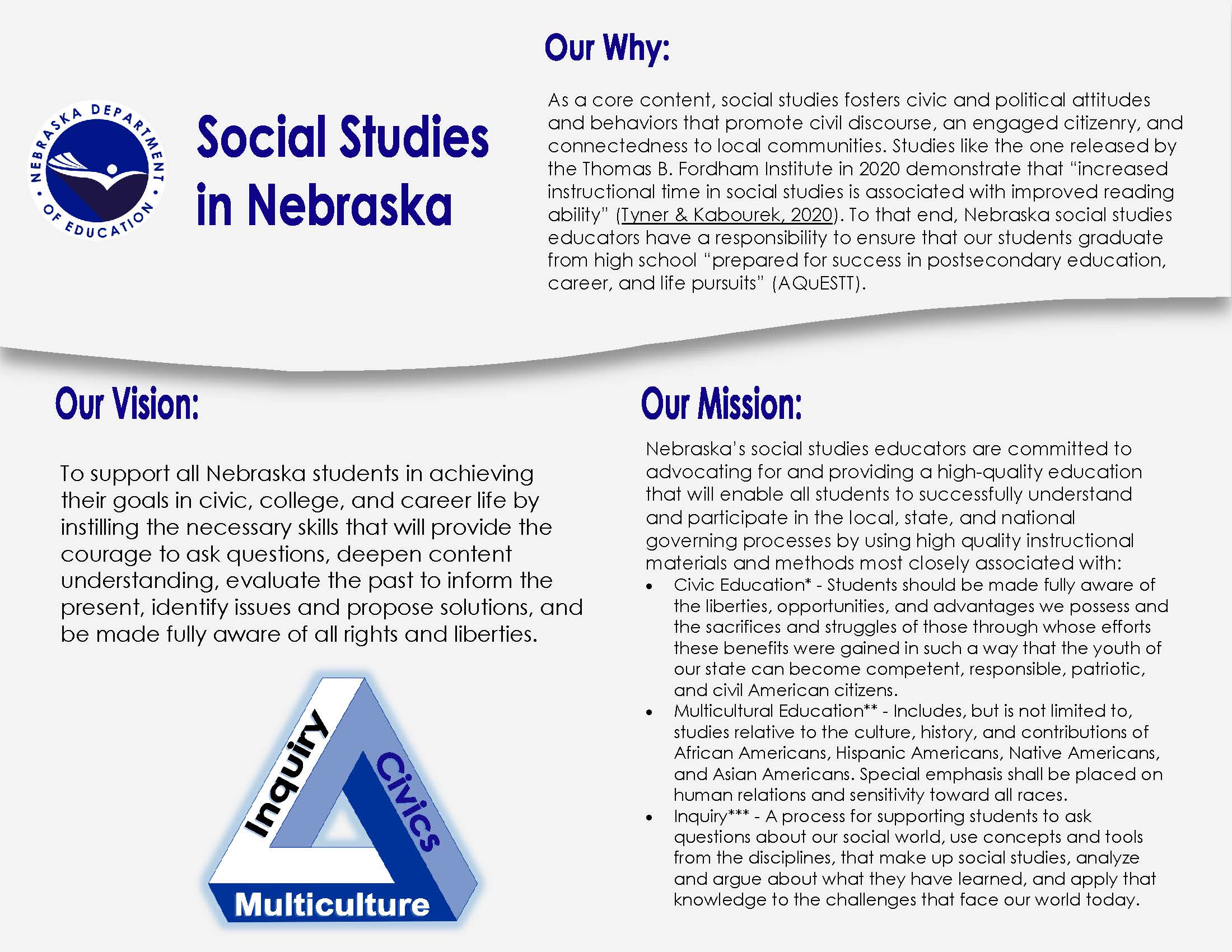
Nebraska Social Studies Podcast!
Guess what?! Nebraska social studies has its own podcast! The name of the podcast is “Social Responsibilities” and features two Nebraska social studies educators. “Social Responsibilities” highlights the work around inquiry-based learning as a lever for using high-quality instructional materials.
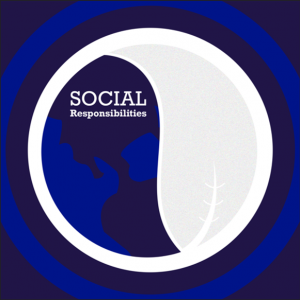 There are a couple of things that many of us have come to expect from social studies education. The first is promoting the rights, ideals, liberties, and principles that our country has come to value. The second is the high importance that we place on text and other instructional materials. This podcast seeks to serve as an opportunity for social studies educators to rediscover the importance of high-quality instructional materials (HQIM’s). We seek to help teachers envision a world in which they can properly identify and choose HQIMs rather than always making their own materials from scratch. We offer a look into how to curate and teach documents that embrace multicultural education and multiple perspectives. We hope that through this process, educators can start believing that HQIMs can be a lever for equity, and as inquiry gains popularity as an instructional method (as it should), our goal is to reiterate the framing and rationale for using high-quality instructional materials to deepen both students’ use of inquiry and use those skills closely associated with social studies like contextualization, corroboration, and understanding multiple perspectives.
There are a couple of things that many of us have come to expect from social studies education. The first is promoting the rights, ideals, liberties, and principles that our country has come to value. The second is the high importance that we place on text and other instructional materials. This podcast seeks to serve as an opportunity for social studies educators to rediscover the importance of high-quality instructional materials (HQIM’s). We seek to help teachers envision a world in which they can properly identify and choose HQIMs rather than always making their own materials from scratch. We offer a look into how to curate and teach documents that embrace multicultural education and multiple perspectives. We hope that through this process, educators can start believing that HQIMs can be a lever for equity, and as inquiry gains popularity as an instructional method (as it should), our goal is to reiterate the framing and rationale for using high-quality instructional materials to deepen both students’ use of inquiry and use those skills closely associated with social studies like contextualization, corroboration, and understanding multiple perspectives.
Yes, the podcast is about instructional methods and materials, but we aimed to create an engaging experience with a couple of laughs and some lighthearted conversation throughout. Stream from all of the major platforms and please download, listen and share! And if you have any questions, send us an email or visit the Social Responsibilities Podcast webpage!
2022 Summer Professional Development Opportunities in Social Studies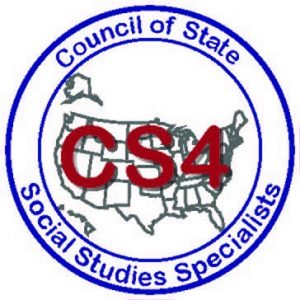
This document was compiled by the Council of State Social Studies Supervisors as a way to communicate the wealth of professional development opportunities available to social studies educators. A special thanks to all of the organizations who helped contribute to this work and to the many organizations who are offering high quality social studies professional development for social studies teachers across the country. Many of the opportunities below are offered free or low cost, but some opportunities do have a cost. When opportunities are highlighted in yellow, it means there are not yet 2022 updates for that particular program. The document will be updated through the spring of 2022. Please email Stefanie Wager at stefanie.rosenbergwager@gmail.com with any questions, comments, or to add programs to this list.
Nebraska Social Studies Inquiry Training
UNL Global Challenges Summer Camp: Environmental Innovation and Leadership (Student Opportunity)
Catherine G. Jurgemeyer Memorial Scholarship (Student Opportunity)
Since 1958, the American Lawyers Alliance has been recognizing excellence in Law-Related Education by presenting our annual Law-Related Education Teacher of the Year Awards to the nation’s top civics teachers, our Judicial Civic Education Award to a dedicated jurist for his or her work in promoting Law-Related Education, and individual awards to those whose excellent work has fostered the furtherance of Law-Related Education.
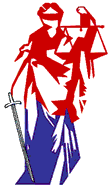 Now we are most excited to announce our newest award:
Now we are most excited to announce our newest award:
The $10,000 Catherine G. Jurgemeyer Memorial Scholarship
The purpose of this scholarship is to reward one deserving high school senior whose body of work, both inside and outside the classroom, has demonstrated a special dedication to Law-Related Education with academic excellence.
The requirements of this reward are quite rigorous, and we are looking for that outstanding student who meets or exceeds the criteria and deserves to be recognized. We would like your help in getting the word out about this new scholarship, so please forward this information to your students, peers, colleagues, college counselors, or whomever you feel may know of such a deserving student.
The application deadline is May 31, 2022, the winner will be announced no later than July 1, 2022, and the presentation will be made at our ALA Annual Meeting in Chicago in early August, so time is of the essence!
Please contact me if you have any questions. Thank you for all you do for law-related education. I look forward to seeing many excellent applications!
Most sincerely,
Noel Roberts
Capitol Forum on America’s Future

Join the statewide program that engages students in key global issues and current events.
Capitol Forum on America’s Future
Presented by Humanities Nebraska and the Office of Nebraska Secretary of State Bob Evnen.
Using the Choices Curriculum from Brown University, made available to Nebraska teachers at no cost by Humanities Nebraska, you can empower your students to become engaged, informed citizens.
As your students learn about international trade, terrorism, immigration, nuclear proliferation, and climate change, this program can instill in them the power to hold thoughtful conversations and make education decisions.
Benefits to students:
- Develop critical thinking skills
- Understand foreign policy and current events
- Cultivate deliberative techniques and skills in civil discourse
- Discuss important issues with peers from throughout the state as well as with Nebraska’s elected officials
Benefits to Teachers/Schools:
- High-quality Choices curriculum units, including two of the teacher’s choice, for semester or year-long study
- Professional development through workshops with an expert in one of the five Capitol Forum themes
- Outstanding professional learning community with other social studies teachers from across Nebraska
- Travel costs (including lodging, if applicable) for teachers and a delegation of up to five students
- Substitute teacher pay reimbursement to school
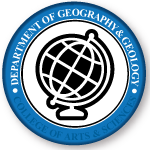 opportunity open to present and perspective secondary social studies teachers. Participants will meet with experienced staff and colleagues from around Nebraska to learn about how to implement Dual-Enrollment Geography or AP® Human Geography into their own schools. This opportunity will take place either Tuesday July 12th, or Tuesday July 19th at the UNO campus. Participants will receive lesson ideas, information on how to be certified for AP® and Dual Enrollment, and a $100 stipend for participating.
opportunity open to present and perspective secondary social studies teachers. Participants will meet with experienced staff and colleagues from around Nebraska to learn about how to implement Dual-Enrollment Geography or AP® Human Geography into their own schools. This opportunity will take place either Tuesday July 12th, or Tuesday July 19th at the UNO campus. Participants will receive lesson ideas, information on how to be certified for AP® and Dual Enrollment, and a $100 stipend for participating.
Please contact Kyle Tredinnick (ktredinnick@unomaha.edu) with any questions!
Econ Book Club
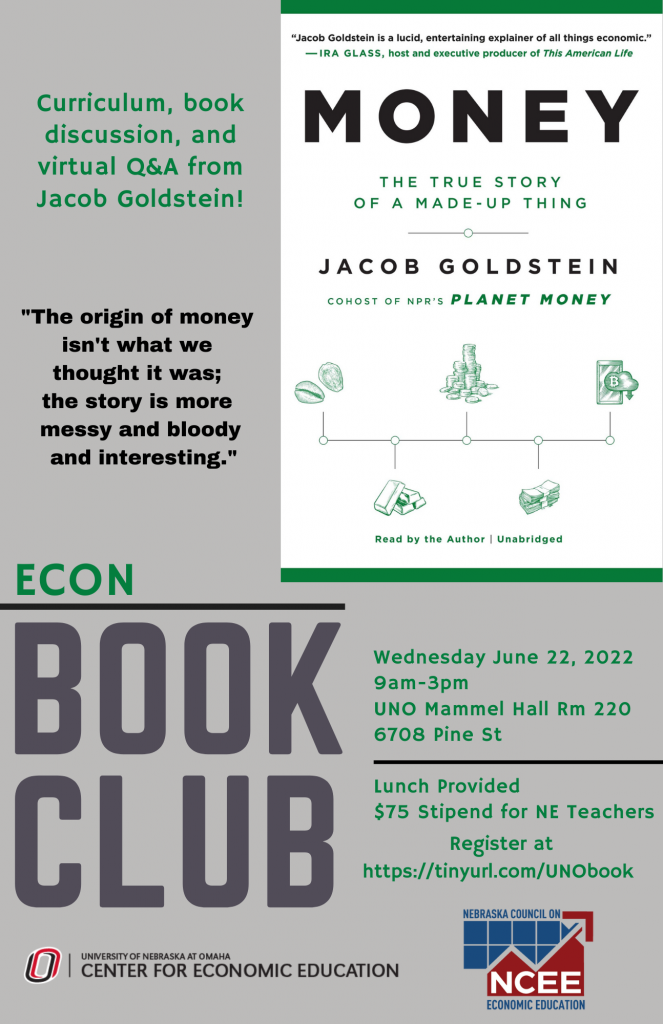
Asian American, Native Hawaiian, and Pacific Islander Heritage Month Teacher Resources
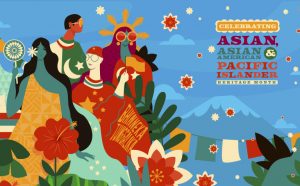 May is Asian American, Native Hawaiian, and Pacific Islander Heritage Month and we are celebrating the histories of Americans from the Pacific Islands and the continent of Asia! “As of 2019, there were about 22.9 million people of Asian or Pacific Islander descent in the United States. According to the Pew Research Center, AAPI people are a diverse and growing population that make up about 7 percent of the total U.S. population. The effort to officially recognize Asian American and Pacific Islander contributions to the United States began in the late 1970s, and took over 10 years to make it a permanent month-long celebration.”
May is Asian American, Native Hawaiian, and Pacific Islander Heritage Month and we are celebrating the histories of Americans from the Pacific Islands and the continent of Asia! “As of 2019, there were about 22.9 million people of Asian or Pacific Islander descent in the United States. According to the Pew Research Center, AAPI people are a diverse and growing population that make up about 7 percent of the total U.S. population. The effort to officially recognize Asian American and Pacific Islander contributions to the United States began in the late 1970s, and took over 10 years to make it a permanent month-long celebration.”
Below are resources for educators wanting to incorporate AANPI instructional materials in their classrooms.
Teaching Resources:
- Asian American and Pacific Islander Heritage Month (Library of Congress)
- Celebrate Asian American Pacific Islander Heritage Month (PBS)
- Asian American and Native Hawaiian, Pacific Islander Heritage Month (NPS)
- >31 Ways to Celebrate AAPI Heritage Month in 2022 (Asia Society)
- Asian Pacific American History (Smithsonian Learning Lab)
- Asian Pacific American Booklist (Colorin’ Colorado)
- AANHPI Resources (Federal Asian Pacific American Council)
- Resources for Asian American and Pacific Islander Heritage Month (Pear Deck)
Journals, Publications, and Articles:
- Social Education: Teaching and Learning about Asian American History (March/April 2022). Social Studies and the Young Learner: Asian American Narratives in U.S. History and Contemporary Society (January/February 2022).
- Social Studies and the Young Learner: The Voices of Children: Re-imagining the Internment of Japanese Americans through Poetry.
Exhibits:
- Smithsonian Asian Pacific American Center: Smithsonian APA Center Homepage.
- Smithsonian Institute: Righting a Wrong: Japanese Americans and World War II.
Videos:
- Library of Congress: Asian Pacific American Heritage Month: Featured Videos; Selected Audio and Video.
- National Museum of American History: Stories of Racism, Resilience, and Resistance in Asian American Communities.
- Smithsonian Institute: Featured Videos for Asian Pacific American Heritage Month.
Podcasts
- Visions of Education: Episode 160: An AsianCrit Perspective on U.S. History with Sohyun An.
- Visions of Education: Episode 76: Teaching Asian-American Histories with Noreen Naseem Rodriguez.
NCSS Introduces the Seal of Civic Readiness Toolkit and Celebrates #Civics4CommUNITY Week
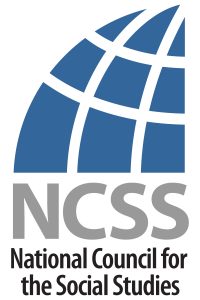 To help ensure the longevity of our democracy, National Council for the Social Studies (NCSS) encourages the creation of a civics diploma seals program in your state, district, or school. We have created a modular Seal of Civic Readiness Toolkit with timelines, frequently asked questions, creation steps, and advocacy tips. The toolkit will help your school create, implement, and adopt the seal for usage.
To help ensure the longevity of our democracy, National Council for the Social Studies (NCSS) encourages the creation of a civics diploma seals program in your state, district, or school. We have created a modular Seal of Civic Readiness Toolkit with timelines, frequently asked questions, creation steps, and advocacy tips. The toolkit will help your school create, implement, and adopt the seal for usage.
Why Should We Teach Civics? Why Should I Adopt a Civics Diploma Seals Program?
Democracy by nature requires an informed and engaged electorate. Research tells us that it is critical that students participate in civic learning that includes:
- the 21st-century skills of collaboration, cooperation, and consensus-building;
- an understanding of the rights and responsibilities of citizenship; and
- knowledge on the roots of our democracy.
Civics diploma seals are tangible symbols of the value of comprehensive and research-based civic education practices in schools. A diploma seal is an endorsement that indicates exemplary performance in a specific area of study, and a civics diploma seal can signify a student’s competency in civic knowledge, responsibility, values, and engagement. Seals send a signal to colleges and employers that a student has excelled in an area of study.
Local education agencies can also take great pride in the number of diploma seals that are awarded to students, and diploma seals can serve as an accountability measure for school effectiveness, and a way to encourage parents and the public to support civic education.
EVERFI’s Financial Wellness Suite
Maverick Investment Camp (Student Opportunity)
The OER Conference for Social Studies
Mark your calendar, the third annual OER Conference for the Social Studies (OC for SS) arrives August 3–4, 2022! Since 2020, the OC for SS has become one of the biggest professional development events for social studies teachers in America, bringing thousands of teachers from across the country together to learn and grow. 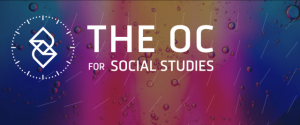
A free, virtual experience for K–12 educators, OC for SS is the best place to connect with leaders in the field and equip yourself for the challenges of today’s classrooms.
Past keynotes have included author John Green; social justice activist Bryan Stevenson; and journalist and historian Jill Lepore. We’ll be announcing this year’s lineup of influential speakers over the next few months, plus details about clock hours, our pre-conference book club, and our slate of Track Talk videos.
The OER Conference will also feature Track Talks. Track Talks are short TED-style videos recorded by leading educators on the topics you need to know about as an educator. We will be gradually releasing these videos in the weeks leading up to the conference to give you time to check them all out, and discuss them in the conference discussion forum ahead of the event.
We’d love to go on, but there’s plenty more work on our end to get this year’s OC for SS ready for you! We can’t wait to see you in August—reserve your spot now!
Onsite Professional Development in Jackson Hole, WY: Using Project Citizen to Promote Civic Engagement
 For any Nebraska educator interested, here are a few opportunities from K-State’s Center for Social Studies Education in collaboration with Wyoming Project Citizen, the Center for Civic Education, and the Center for the Study of Federalism have designed specifically for social studies teachers.
For any Nebraska educator interested, here are a few opportunities from K-State’s Center for Social Studies Education in collaboration with Wyoming Project Citizen, the Center for Civic Education, and the Center for the Study of Federalism have designed specifically for social studies teachers.
What: Participate in Project Citizen Professional Development and Research Project. Teachers will be selected randomly for both the training and control groups.
Who: Middle and high school teachers from Colorado, Kansas, Montana, Nebraska, New Mexico, North Dakota, Oklahoma, South Dakota, Texas, and Wyoming.
Where: Teton Science Center outside of Jackson Hole, WY. Double-room occupancy.
When: July 24 – 30, 2022 from 9:00 am – 3:00 pm daily
Why: All expenses paid workshop in Jackson Hole, WY; First-Rate Professional Development; Free Classroom Resources; $750 Stipend OR THREE hours of graduate political science or education credit ($1,500.00 value); active, hands on, civic learning.
How: Download the application! Applications due June 15, 2022. Questions? Contact Dr. Vontz tvontz@ksu.edu
Teaching Constitutional Government
Nebraska Stories of Humanity
New Nebraska law requires that the Holocaust and genocide education be adopted into the social studies state standards (state statute 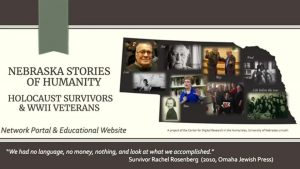 79.760.01). Here is a wonderful resource that secondary educators can use to help tell the story of Holocaust survivors.
79.760.01). Here is a wonderful resource that secondary educators can use to help tell the story of Holocaust survivors.
The Nebraska Stories of Humanity: Holocaust Survivors & WWII Veterans, Network Portal & Educational Website aims to centralize access to the history of Nebraska Holocaust survivors and WWII liberators of Nazi camps in a collection of searchable stories in aggregate. The site includes testimony, geographical and primary historical resources, documentation, and photos collected or harvested from local and disparate sources. Various tools enhance these stories through technologies such as digital story maps, access to testimonies, and network analysis of these individuals who were connected to and involved in their Nebraska communities. The project engages individual contributors, local stakeholder organizations, and national and international repositories.
Summer June & July NSCAS ELA Item Development Workshops
NDE Statewide Assessment is seeking highly qualified educators to participate in virtual ELA assessment development and review opportunities. Stipends of $150 a day are available when educators are NOT working under district contract.
Dates:
- June 6-10 ELA Range ALD Workshop
- July 25-29 ELA Alignment Study Workshop
Fill in the application
April 2022 Newsletter
NSCSS Annual Conference is Back (In-Person)!
Gilder Lehrman National History Teacher of the Year – Now Accepting Nominations!
Any full-time educator of grades K–12 who teaches American history (including state and local history) is eligible for consideration. American history may be taught as an individual subject or as part of other subjects, such as social studies, reading, or language arts.
- The nominated teacher must have at least three years of classroom teaching experience.
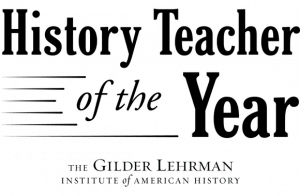
- Nominees must be planning to teach for at least one year following the award year.
- Past state and national winners are not eligible.
- Self-nominations are not accepted.
The 2022 award will honor exceptional elementary and secondary school teachers. Eligible generalist and specialist teachers in each of the 50 states, the District of Columbia, Department of Defense schools, and US Territories are encouraged to apply.
IMPORTANT CALENDAR DATES:
- Deadline for 2022 nominations: April 30, 2022
- Deadline for 2022 nominees to submit supporting materials: May 30, 2022
MyImpact Challenge – Bill of Rights Institute
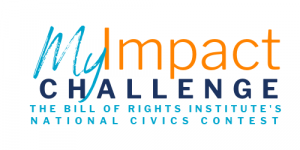 MyImpact Challenge is a civic engagement contest hosted by the Bill of Rights Institute. Our goal is simple: foster a robust understanding of citizenship and get students active in their communities now!
MyImpact Challenge is a civic engagement contest hosted by the Bill of Rights Institute. Our goal is simple: foster a robust understanding of citizenship and get students active in their communities now!
Submission is open to US citizens and US based young people between the ages of 13 and 19 years old on January 1, 2021. Submission must be received by 11:59 pm PT on Sunday, May 1, 2022. Only submissions entered through MyImpact Challenge’s online portal will be accepted for the contest. The contest is designed for one student per entry, but groups of up to five students may submit as a single group entry. Prizes awarded to group entries will be split evenly between entrants.
Each submission must include the following:
- An essay of up to 1,200 words expressing the student’s a) understanding of the ideal of “E Pluribus Unum” and how their project furthers that ideal in their community b) How their project furthers at least one Civic Virtue and one of Founding Principle as defined in the Bill of Rights Institutes “Principles and Virtues.”
- A report of up to 2,000 words detailing a student’s completed or in-progress civic engagement project. Report must include the following components.
- The inspiration for the project.
- The project plan.
- Details of the project’s execution
- At least two examples of the project’s demonstrated impact on the community.
- How the student(s) grew in understanding of the role of Civic virtue, knowledge of their communities, and their ability to support or impact them.
- Visual documentation of the student’s project and its results in one of the following formats:
- Photographic Only: No fewer than ten and no more than twenty high-resolution still photographs, submitted in either JPEG or PNG format.
- Video Only: One video of no more than five minutes, submitted in MP4 format
- Mixed Photographic and Video: No fewer than five and no more than seven high-resolution still photographs as well as one video of no more than two minutes. Photographs must be in either JPEG or PNG format, and video must be in MP4 format.
2022 Summer Professional Development Opportunities in Social Studies
This document was compiled by the Council of State Social Studies Supervisors as a way to communicate the wealth of professional development opportunities available to social studies educators. A special thanks to all of the organizations who helped contribute to this work and to the many organizations who are offering high quality social studies professional development for social studies teachers across the country. Many of the opportunities below are offered free or low cost, but some opportunities do have a cost. When opportunities are highlighted in yellow, it means there are not yet 2022 updates for that particular program. The document will be updated through the spring of 2022. Please email Stefanie Wager at stefanie.rosenbergwager@gmail.com with any questions, comments, or to add programs to this list.
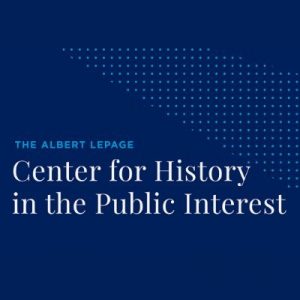 Historical scholarship and perspective to help make a better world.
Historical scholarship and perspective to help make a better world.
The Lepage Center brings historical scholarship and historical perspective to bear on contemporary global issues and has created different activities and funding opportunities to promote the importance of historical scholarship, methods, and inquiry for the public interest.
Our 2021-22 essay competition invites students to reflect upon the following question:
How can the study of history help us understand contemporary challenges we face in the world today, such as COVID-19, migration, and climate change?
What are the essay requirements?
- The essay should be a maximum of 500 words.
- The essay should be framed by an argument and supported by evidence.
- All sources (including internet-based sources) must be cited appropriately
How to submit an essay?
Participating teachers will collect essays from their students and submit them to lepage@villanova.edu by May 1st, 2022. The best essays will receive an award.
TeachingAmericanHistory.Org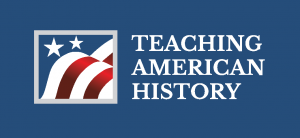
We support teachers of American history, government and civics, believing they do the most important work in America. We help them bring the documents and debates of America’s past into the present through free document-based seminars, document collections both online and in print, and other resources. We are dedicated to making every American history, government, and civics class in America its best.
Teaching American History is a free resource that brings together primary documents, continuing education, and community for American history teachers.
Native American Filmmakers Summit
The 2022 Vision Maker Media Producers Summit is open with free registration to filmmakers who want to learn about Vision Maker Media and other opportunities in public media. The summit will be held in Lincoln, Nebraska, April 28-30.
The three-day summit will kick off with a welcome reception, a one-day producer training, and a day of filmmaker presentations FREE and AVAILABLE to the PUBLIC on Saturday, April 30th.
The training day focuses on topics such as the PBS Red Book, financial management, public media broadcast licensing, and more. A variety of the training sessions will be available online for those registered for virtual participation.
Also, the Corporation for Public Broadcasting’s National Multicultural Alliance (NMCA) will present a workshop that will help producers discover what each NMCA organization’s mission is and the opportunities that exist within each that may further assist filmmakers in their work.
Descendants of DeWitty, Nebraska Present: The Ultimate Digital Black History Experience
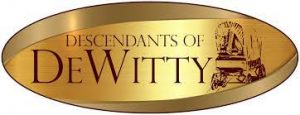 Prepare to undergo a journey, with its inception beginning deep in the historic and pre-colonial heart of Africa, crossing the great Atlantic, passing through the American Underground, and ending with triumphant freedom at the longest lasting Black Homestead in Nebraska History, DeWitty (Audacious), Nebraska.
Prepare to undergo a journey, with its inception beginning deep in the historic and pre-colonial heart of Africa, crossing the great Atlantic, passing through the American Underground, and ending with triumphant freedom at the longest lasting Black Homestead in Nebraska History, DeWitty (Audacious), Nebraska.
“From Lake Erie to the Seventh Concession, from Dillon Road to Drake Road to the west, the Buxton Settlement (formerly Elgin) fields are dotted with churches and houses built at the time, heroic of the way of the Underground. In 1849, Reverend William King settled there with the refugees in a territory of 9,000 acres of swamp and forest. Other refugees followed, acquiring and clearing acres, building churches, schools and industries. The settlers constructed the network of roads and drainage ditches that still exist today, transforming the place into an establishment of well-kept houses, reflecting the industrious nature of the inhabitants and the children who received a classical education. Today, the spirit of these determined settlers that claimed a free life in these plains lives on in their descendants.”
— Bishop Forrest C. Stith
Ken Burns in the Classroom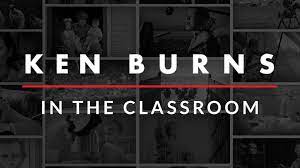
Ken Burns and his collaborators have been creating historical documentary films for more than forty years. Known for a signature style that brings primary source documents, images, and archival video footage to life on screen, these films present the opportunity to pose thought-provoking questions for students, and introduce new ideas, perspectives, and primary sources.
CitizenU.Org
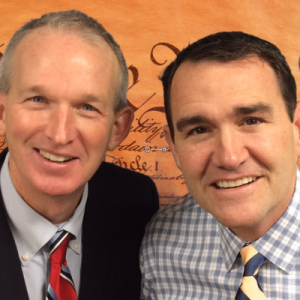 “No fancy words, no fancy suits, plain talk about issues you need to know . . . just in time.”
“No fancy words, no fancy suits, plain talk about issues you need to know . . . just in time.”
CitizenU is a political club dedicated to mentoring, tutoring and welcoming those who may be new to “inside the Beltway” stories and talk. Join the 2 Teachers as they help train a new platoon of young citizens. Learning about the government and politics is, after all, not a class but a lifestyle. Here at CitizenU our mission is to “train political animals.” It is never 2 late. There is always room 2B an educated citizen.
CivXNow Proposed State Bills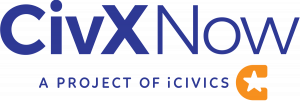
Click on your state to learn about the civic education legislation that’s been proposed. This map represents a scan of all state bills related to civic education. Inclusion of a bill on the map does not connote support or endorsement by CivXNow, iCivics, CivXNow Coalition members, or CivXNow state affiliated coalition.
April is Financial Literacy Month!
Personal Finance Institute Opportunity for Teachers (2 Locations)
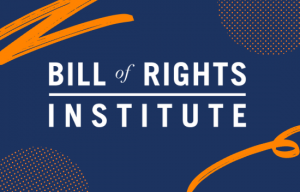 Building on the popularity of the Bill of Rights Institute’s Being an American resource, this updated version will provide scaffolded support for ESL students.
Building on the popularity of the Bill of Rights Institute’s Being an American resource, this updated version will provide scaffolded support for ESL students.
The lessons will include modifications for ESL classrooms and learners. This resource will take students through the Founding documents including the Declaration of Independence, the Constitution, and the Bill of Rights, and provide tools for primary source analysis, individual writing assignments, and classroom discussion. Students can “connect the dots” by applying what they learn through studying these documents to civic values, American heroes, and exploring the meaning of citizenship.
Lesson plan features will include warm-ups, classroom activities, background essays, homework assignments, extensions, handouts, suggested modifications, vocabulary glossaries, and Founding principle connections.
*Please note that this resource is not available as of right now. You will need to sign up to receive a notification for when it is released.
National Council for Geographic Education – Call for Proposals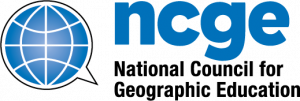
This year’s conference has been designed with busy educators’ schedules in mind. The 3-day (long weekend) conference will provide you with the most engaging conference yet where you will be able to:
- Connect with geography teachers, professionals, and colleagues
- Attend engaging geographic education-focused sessions to increase your professional learning
- Get the newest geographic tools and ideas to incorporate into the classroom and share with colleagues
Submission Deadline: 11:59p.m. (EST) April 30, 2022
Making History Matter: Toolkit for Communicators
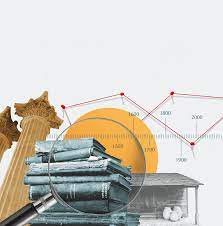 Welcome to “Reframing History,” a communications toolkit for historians, museum professionals, educators, and other advocates. It’s designed to facilitate more effective communication with the public about history: why it matters, how it can be interpreted, and why it is important to incorporate critical thinking and a multitude of diverse perspectives in the ways we understand it.
Welcome to “Reframing History,” a communications toolkit for historians, museum professionals, educators, and other advocates. It’s designed to facilitate more effective communication with the public about history: why it matters, how it can be interpreted, and why it is important to incorporate critical thinking and a multitude of diverse perspectives in the ways we understand it.
The “tools” in this toolkit are evidence-based strategies for reframing history, developed and tested by the FrameWorks Institute in partnership with the American Association for State and Local History, the National Council on Public History, and the Organization of American Historians. These strategies are based on a two-year deep-dive research project undertaken by our organizations to develop specific recommendations for communicators. This research was funded by the Andrew W. Mellon Foundation.
Untold: Stories You Won’t Learn About In a Textbook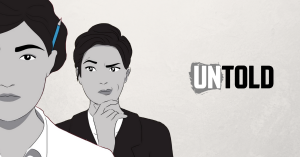
History Isn’t Dead. Perhaps now, more than ever, our history is a vital and very present part of the world around us. So it’s hugely important that young people feel a part of that conversation and can see themselves reflected in our shared past. Untold is a free collection of short, compelling, history videos and animations designed to engage new audiences in a new conversation and
- shine a light on the stories that don’t always make it into the classroom
- and question what we think we know about those that do.
Not everything worth knowing exists inside the cover of our history textbooks. Untold is here to fill in the gaps and bring new stories to life.
The Great Debates
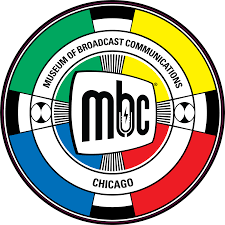 The Museum of Broadcast Communications is committed to helping parents, teachers and anyone who wants to be a more informed voter. Within this site, we offer curriculum that develops critical thinking and media literacy in students, links to performance highlights, commentary and debate analysis that can help you understand how today’s debates are shaped by 60 years of broadcast history.
The Museum of Broadcast Communications is committed to helping parents, teachers and anyone who wants to be a more informed voter. Within this site, we offer curriculum that develops critical thinking and media literacy in students, links to performance highlights, commentary and debate analysis that can help you understand how today’s debates are shaped by 60 years of broadcast history.
These guides are designed for high school classes. They can be adapted for middle school work as well. Each guide provides support materials, including worksheets and links to content, to help students understand the lesson.
NebTOPSS Annual Conference
Nebraska Teachers of Psychology in Secondary Schools, associated with the American Psychological Association, is offering a great professional development opportunity for any high school psychology teacher (or teachers who are interested in the science of psychology)!
NebTOPSS’s mission is to provide professional development opportunities for high school social studies teachers. Participating in these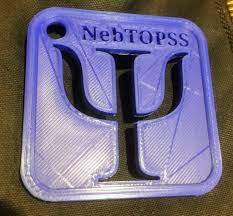 professional development opportunities allows you the opportunity to network with other high school psychology teachers, learn from collegiate psychology professors and other psychology professionals, as well as obtain new resources for your psychology classroom. With that mission in mind our fourth annual NebTOPSS conference will be on June 2, 2022 from 9:00-3:00. Our focus this year is mental health and adolescent brain development. The conference will be held at the UNO’s Community Engagement Center. During the conference, you will have the opportunity to listen to Dr. Stuart White and Dr.Brittany Taylor discuss the various neuroimaging tools they utilize at the Institute for Human Neuroscience, as well as their research investigating the role of adolescent brain structures and function on behavioral disorders. You will also participate in demonstrations and lessons that you could then take back to your classroom. Plus breakfast and lunch will be provided.
professional development opportunities allows you the opportunity to network with other high school psychology teachers, learn from collegiate psychology professors and other psychology professionals, as well as obtain new resources for your psychology classroom. With that mission in mind our fourth annual NebTOPSS conference will be on June 2, 2022 from 9:00-3:00. Our focus this year is mental health and adolescent brain development. The conference will be held at the UNO’s Community Engagement Center. During the conference, you will have the opportunity to listen to Dr. Stuart White and Dr.Brittany Taylor discuss the various neuroimaging tools they utilize at the Institute for Human Neuroscience, as well as their research investigating the role of adolescent brain structures and function on behavioral disorders. You will also participate in demonstrations and lessons that you could then take back to your classroom. Plus breakfast and lunch will be provided.
*Please note that this year NebTOPSS is partnering with the Nebraska State Council for the Social Studies conference. While it is not required, we encourage you to consider registering for the NSCSS conference on June 3rd. If you register to attend the NSCSS conference, you will receive a discounted registration fee for the 2022 NebTOPSS conference. Visit the NSCSS website for more information or to register for this year’s NSCSS conference.
If you are ready register now for NebTOPSS!
If you have any questions, feel free to contact Rob McEntarffer at rmcenta@lps.org. Thank you for your consideration!
Commissioner joint Press Conference
The Commissioner was involved in a joint press conference with education leaders looking to improving outcomes for al students in the future. You can read about it in the NEBRASKA NEWS SERVICE. https://nebraskanewsservice.net/state/legislators-seek-higher-percentage-of-postsecondary-educated-nebraskans-by-2030/
Creating Meaningful Relationships
We’ve been giving you a look inside Nebraska’s NAESP PreK-3 Leadership Academy and introducing you to the Nebraska Advisors who are guiding the 20 members of cohort 2 through the academy. Read on to learn how Kim Flanders, Principal at McDonald Elementary, is leading her group through their capstone projects!
Kim’s group has chosen to focus their learning on the competency — Developing and Fostering Partnerships with Families and Communities. This competency spoke to her group, “Because families are our students’ first and most important teachers, our partnerships with families positively impact student achievement. When we are intentional with creating meaningful home-school relationships and opportunities for families to be collaboratively and actively engaged with their child’s learning, we foster the conditions necessary for students to be successful.”

Putting Knowledge Into Practice
Kim’s group has been able to apply all of the knowledge and skills they have gained during the leadership academy to their capstone projects, which were self-selected and based upon each educator’s interest. The culminating capstone project allowed them to integrate early childhood best practices and research by addressing a current problem of practice.
- Kerra Robinson
Assistant Director of Special Education Birth to 5 & Preschool Principal
Hastings Public Schools
Capstone Project: Fostering Partnerships with Families Through the Use of ReadyRosie®
Getting families involved in their child’s education is an important aspect of making sure students are successful. Through school-to-home partnerships, ReadyRosie® is an enrichment learning activity outside the school day that fosters family engagement. This researched-based parenting curriculum uses video playlists to promote school readiness. Because there were no programs in place to provide frequent and ongoing educational resources for families, Kerra’s project focused on creating a shared sense of purpose and partnership between teachers and families to create a meaningful home-learning environment. - Melissa Jantz
Preschool Principal
Little Panthers Preschool, Norfolk Public Schools
Capstone Project: Effective Transitions for All Kids
By strengthening the transition process for all students from early care and educational programs within the Norfolk community, Melissa’s goal is to increase the collaboration and mutual respect amongst all early childhood programs ensuring that all children are afforded a smooth and successful transition into kindergarten — regardless of which early care program or preschool they attend. A streamlined kindergarten enrollment process will support families at all of the elementary buildings within the community. - Sarah Sell
Assistant Principal
Crete Elementary
Capstone Project: Engaging Parents
In addition to supporting families during home visits and conferences, Sarah implemented ReadyRosie®. Teachers can build and share customized video playlists, communicate with families, and measure outcomes with this program. ReadyRosie® provides another way for teachers to collaborate and connect with families.
March 2022 Newsletter
Crisis in Ukraine Teaching Resources
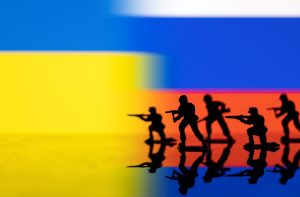 “On February 24, Russia deployed its military into Ukraine. Bombs and shelling have continued to escalate as people flee their homes and desperately seek safety.
“On February 24, Russia deployed its military into Ukraine. Bombs and shelling have continued to escalate as people flee their homes and desperately seek safety.
War has been steadily waging over the last eight years in Ukraine, leaving more than 850,000 people internally displaced and almost 3 million people in need of humanitarian aid. The current escalation in conflict will have devastating consequences for the civilian population and humanitarian needs are expected to rise.
Ukraine officially declared itself an independent country in 1991 as the Soviet Union collapsed and the Cold War ended. Since then, the country has been forming closer ties with the European Union and with NATO. Russia, however, sees these ties as an economic and strategic threat to its own security. In 2014, Russia invaded and subsequently annexed the Crimean Peninsula and began backing pro-Russian separatists in parts of eastern Ukraine that want to separate from the country.”
The following are resources for teachers interested in teaching the conflict in Ukraine.
- Russian Aggression Towards and Invasion of Ukraine (Resources curated by Taylor Hamblin of UNL)
- Student Discussion Guide: Crisis in Ukraine (Education World)
- War Breaks Out. How Will Students Get News? (MiddleWeb)
- Resources for Educators, Families to Discuss the Events in Ukraine with Students (San Diego County Office of Education)
- Ukraine (AllSides)
- Russia Invade Ukraine (The FlipSide)
- How To Talk with Students About the Russia-Ukraine War: 5 Tips (Education Week)
- Students are on TikTok Talking About Ukraine–How Can Teachers Answer Their Questions (We Are Teachers)
Women’s History Month

It’s March and that also means that it is Women’s History Month. Women’s History Month has its origins as a national celebration in 1981 when Congress passed an act which authorized and requested the President to proclaim the week beginning March 7, 1982 as “Women’s History Week.” Throughout the next five years, Congress continued to pass joint resolutions designating a week in March as “Women’s History Week.” In 1987 after being petitioned by the National Women’s History Project, Congress passed another additional legislation which designated the month of March 1987 as “Women’s History Month.”
Below is a list of resources for Nebraska Educators to access and use lessons relating to Women’s History Month.
- Women’s History Month Choice Board
- Women’s History Month (Library of Congress)
- 18 of Our Favorite Women’s History Month Activities (We Are Teachers)
- Women’s History Month Lesson Plans and Activities (Education World)
- Women’s History Month (Anti-Defamation League)
- Digital Classroom Resources (National Women’s History Museum)
- Women’s History Month (Center for Civic Education)
- Women’s History in the United States (EDSITEment)
NSCSS Annual Conference is Back (In-Person)!
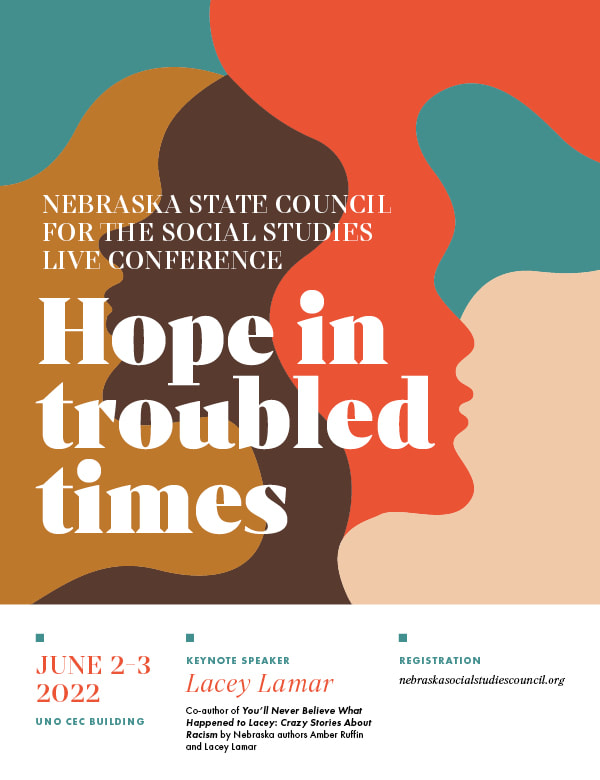
The Executive Board of the Nebraska State Council for the Social Studies is seeking nominations for the 2022 Social Studies Teacher of the Year awards for Congressional Districts 1, 2 and 3 as well as the Carter service-learning award and the prestigious Paul Beck award. There is also an award for an outstanding clinical practice teacher. All public and private school teachers who teach social studies at the elementary or secondary levels are eligible.
We hope that you can assist us in soliciting nominations of deserving teachers. Each year we encourage administrators and teaching colleagues to nominate teachers for these awards. If you would be so kind as to spread the word and/or make an online nomination.
The posted deadline is March 11. We appreciate your help with this endeavor. Social studies teachers are encouraged to attend the annual conference at the UNO Center for Community Engagement (pre-conference workshops June 2, conference June 3).
Worldle
Teachers, are you interested in a way to incorporate more geography into your classroom? This app, inspired by Wordle, presents a new and entertaining way to introduce students to different countries around the world!
Worldle was inspired by Wordle, according to its creator, Antoine Teuf, a 31-year-old Web and video game developer who lives in Montpellier, France — but it is not the same game.
Wordle and Worldle are, of course, similarly named, which has some social media users confused. But Teuf, in an interview with The Washington Post, said he doesn’t want Worldle to be seen as “a copy of the original Wordle game” but rather a “tribute” to it.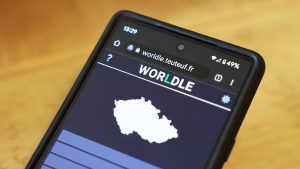
Where Wordle gives players six chances to guess a daily word, Worldle users have six tries in which to guess one country or territory based on an outline of its shape alone.
When Worldle players guess a country that is not correct, they are told how far and in which direction it is from the correct country on a map.
Worldle users can make the game more challenging by choosing to either hide the image of the country or territory, or to rotate the image in a random direction.
Like Wordle, Worldle can be played once a day, and users can share their results on social media in little green, yellow and black square emoji that symbolize how quickly they got the correct answer.
Players from around the world have shared their Worldle results on Twitter under the hashtag #worldle, showing the game’s global reach, along with jokes and memes comparing the two games.
The Flip Side
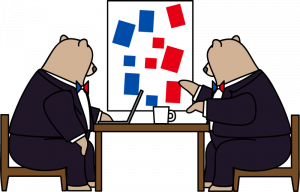 The Flip Side is on a mission to help bridge the gap between liberals and conservatives.
The Flip Side is on a mission to help bridge the gap between liberals and conservatives.
We’re a one-stop shop for smart, concise summaries of political analysis from both conservative and liberal media. Our goal is to become a news source for liberals, moderates, independents, conservatives, and even the apolitical.
It’s hard to convince liberals to watch Fox or conservatives to watch MSNBC. But if everyone takes 5 minutes a day to read The Flip Side, we’ll have a starting point when talking to our friends and neighbors.
Exciting Opportunity for Elementary Educators
I know this newsletter is sent to secondary social studies teachers, but if you know an excellent educator in grades K-3, please share this amazing opportunity with them! Application deadline is March 15, 2022.
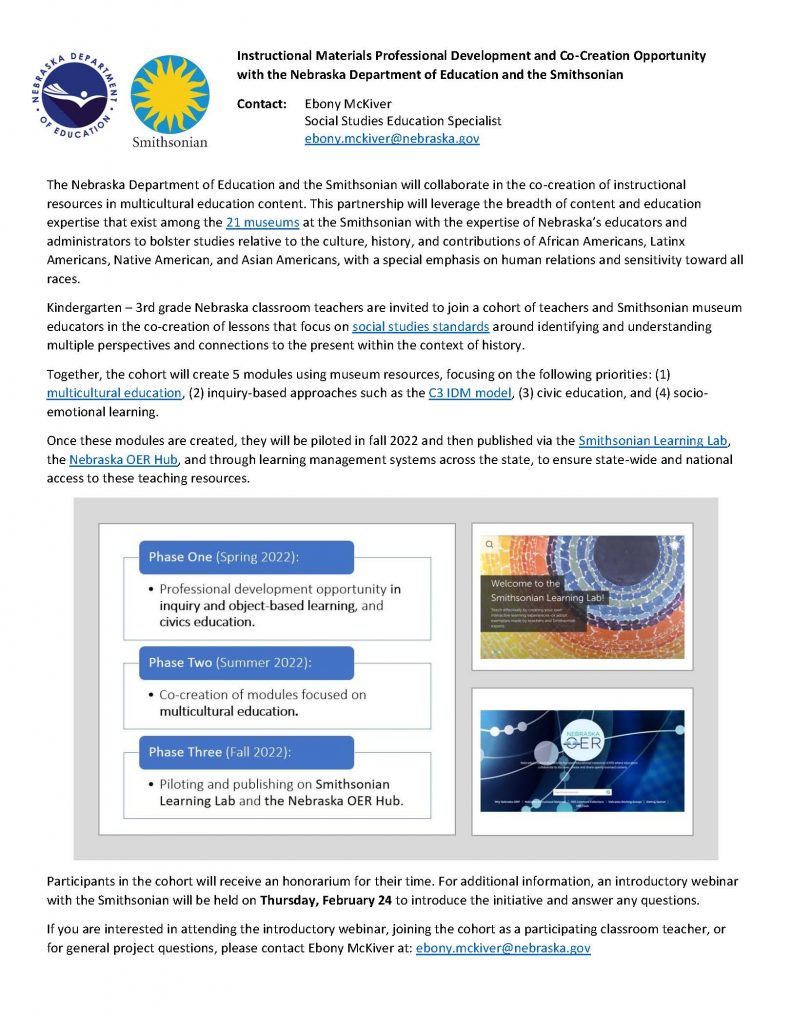
Personal Finance Institute Opportunity for Teachers (2 Locations)
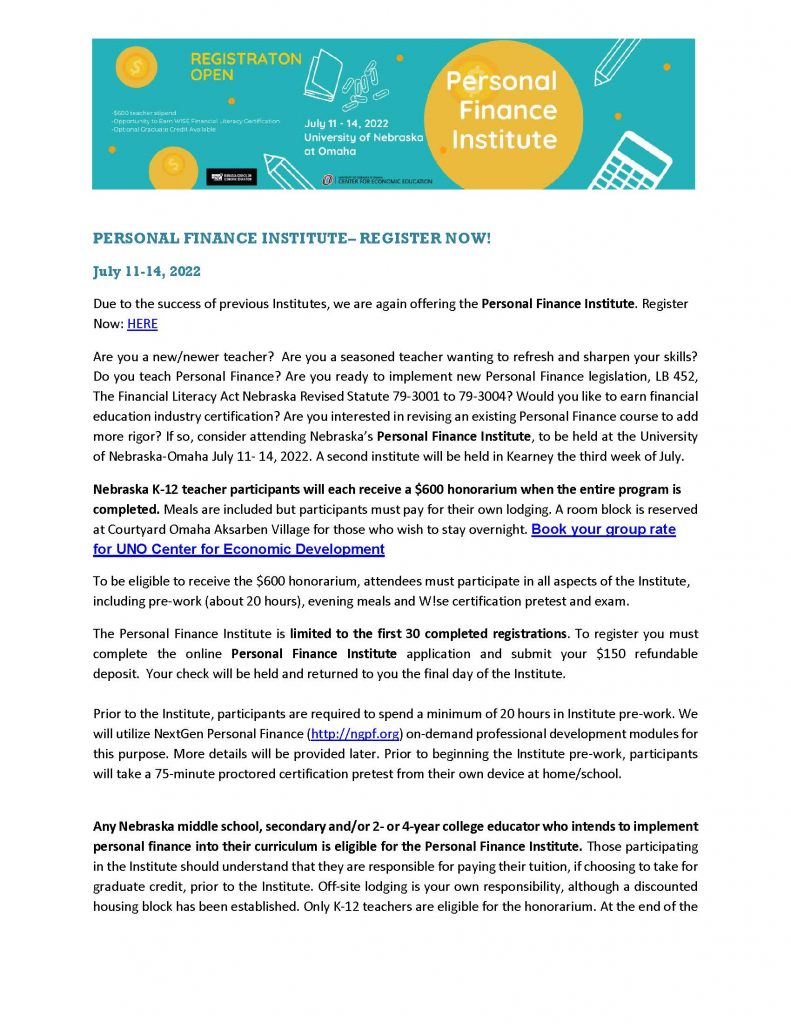
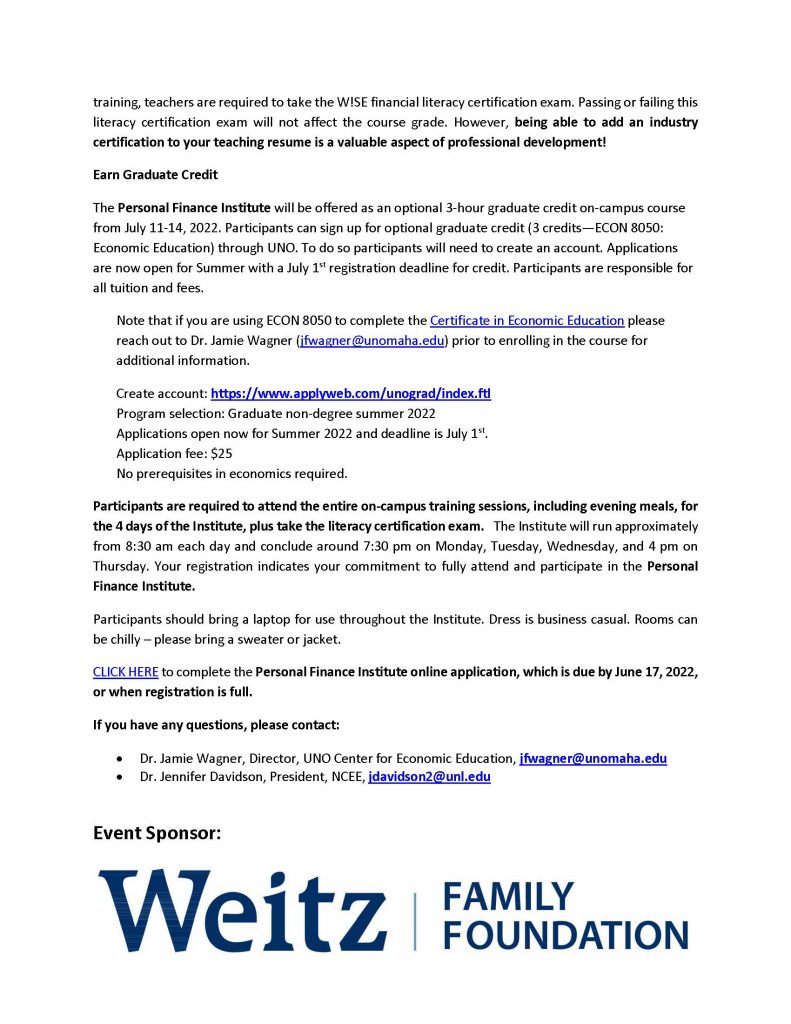
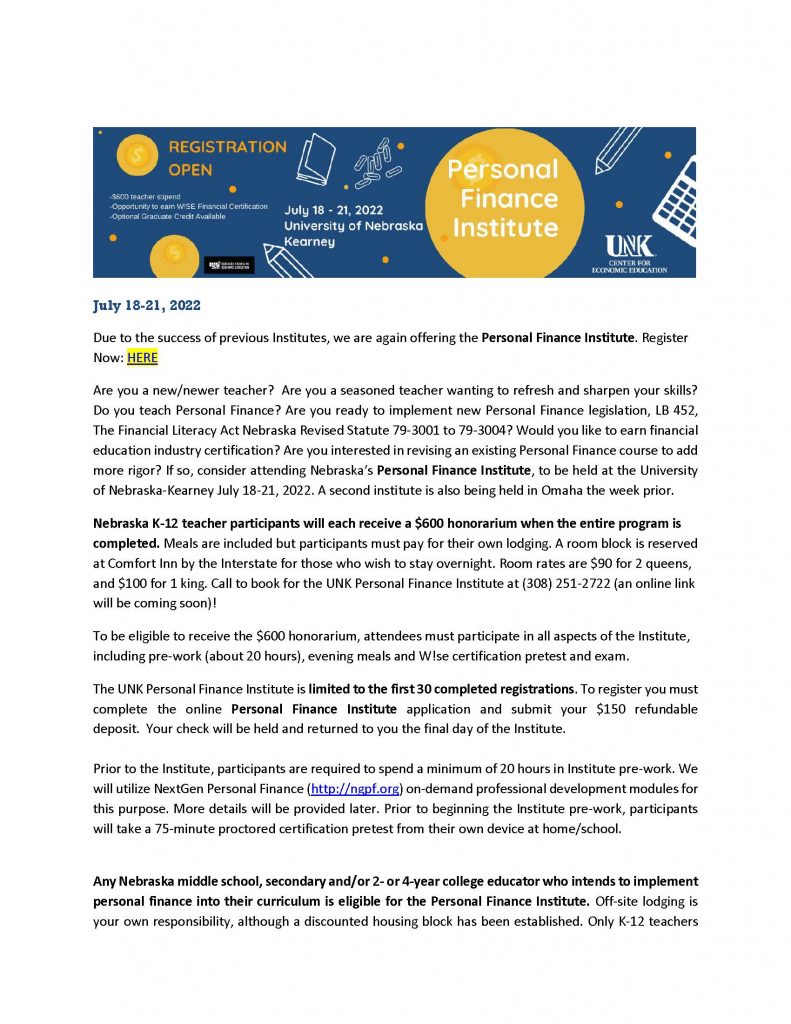
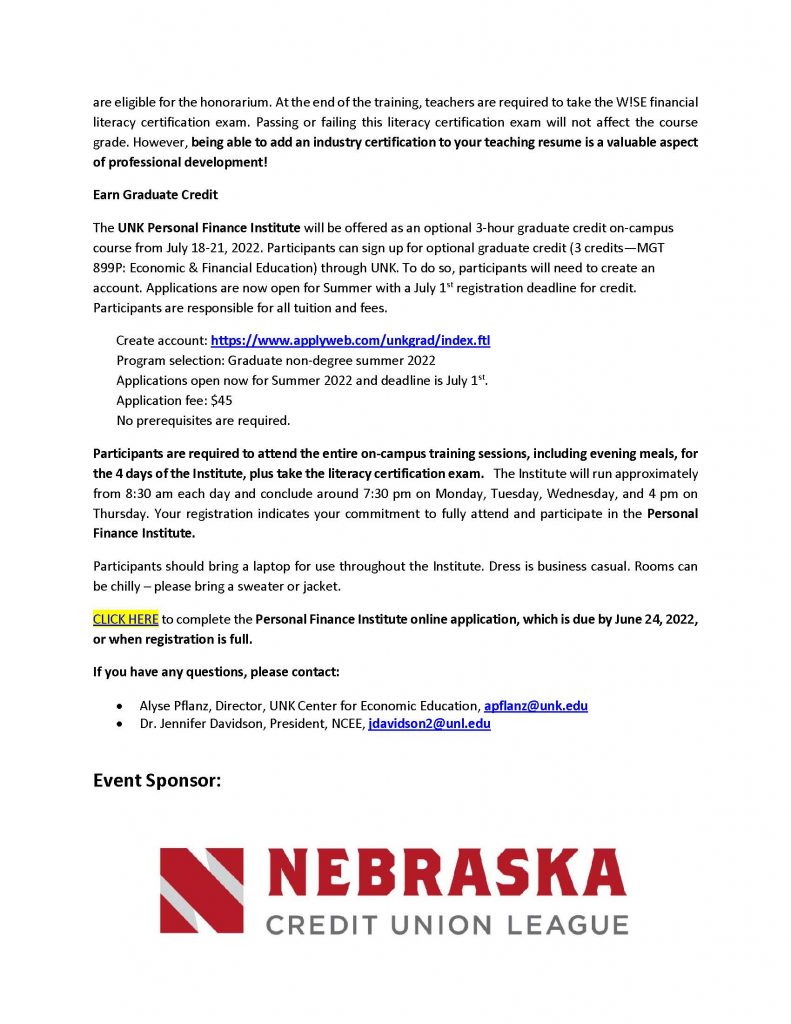
History Nebraska Free Virtual and In-Person Programs
Gilder Lehrman National History Teacher of the Year – Now Accepting Nominations!
Any full-time educator of grades K–12 who teaches American history (including state and local history) is eligible for consideration. American history may be taught as an individual subject or as part of other subjects, such as social studies, reading, or language arts.
- The nominated teacher must have at least three years of classroom teaching experience.

- Nominees must be planning to teach for at least one year following the award year.
- Past state and national winners are not eligible.
- Self-nominations are not accepted.
The 2022 award will honor exceptional elementary and secondary school teachers. Eligible generalist and specialist teachers in each of the 50 states, the District of Columbia, Department of Defense schools, and US Territories are encouraged to apply.
IMPORTANT CALENDAR DATES:
- Deadline for 2022 nominations: April 30, 2022
- Deadline for 2022 nominees to submit supporting materials: May 30, 2022
Nebraska Personal Finance Challenge
Foreign Policy Association – Great Decisions Teacher Training Institute
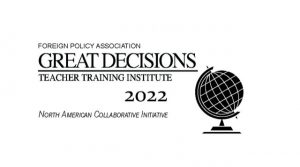 Admissions are Now Open!
Admissions are Now Open!
The FPA is proud to announce that the 14th annual Great Decisions Teacher Training Institute is now accepting applications from teachers across North America.
If you apply today, you will have the opportunity to join a top-tier group of fellow educators for one week of intensive international affairs workshops with policy makers and experts in New York City.
Participants will receive travel stipends and free hotel accommodation during the institute, as well as visits such as the Metropolitan Museum of Art, The Federal Reserve, and the United Nations.
If you or educators you know are looking for a way to integrate new techniques, materials, and perspectives into the classroom, do not pass up this opportunity to join the Great Decisions Teacher Training Institute!
Register by emailing teachers@fpa.org and requesting an application form.
Applications are due Friday, March 11th, 2022.
American Lawyers Alliance – Teacher of the Year Award
LAW-RELATED EDUCATION TEACHER OF THE YEAR $3,000 AWARD
For the past sixty years, the American Lawyers Alliance has been active in its support of public education, citizenship awareness and various service programs. Recognizing the vital role that teachers play in law-related education, the ALA began in 1985 to sponsor Law-Related Education Teacher of the Year Awards. 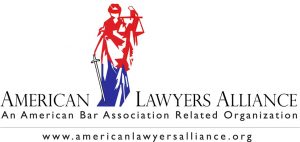
PURPOSE:
The purpose of these four awards is to honor public and private High School teachers who have made significant contributions in law-related education and have developed programs that meet the following criteria.
- Furthered the understanding of the role of the courts, law enforcement agencies and the legal profession
- Helped students recognize their responsibilities as well as their rights
- Encouraged effective law-related education programs in their schools and communities
- Increased communication among students, educators and those involved professionally in the legal system
NOMINATIONS:
Nominations for the 2022 Law-Related Education Teacher of the Year Awards may be submitted by the applicant, school administrators, other teachers, students, lawyers, judges, professional members of the community, or any other interested parties by March 15, 2022.
The American Lawyers Alliance is a charitable, educational and nonprofit organization whose mission is to promote understanding and appreciation of the law and the American legal system.
Visit the ALA website for an application and information about this award, including information about previous winners.
MyImpact Challenge – Bill of Rights Institute
 MyImpact Challenge is a civic engagement contest hosted by the Bill of Rights Institute. Our goal is simple: foster a robust understanding of citizenship and get students active in their communities now!
MyImpact Challenge is a civic engagement contest hosted by the Bill of Rights Institute. Our goal is simple: foster a robust understanding of citizenship and get students active in their communities now!
Submission is open to US citizens and US based young people between the ages of 13 and 19 years old on January 1, 2021. Submission must be received by 11:59 pm PT on Sunday, May 1, 2022. Only submissions entered through MyImpact Challenge’s online portal will be accepted for the contest. The contest is designed for one student per entry, but groups of up to five students may submit as a single group entry. Prizes awarded to group entries will be split evenly between entrants.
Each submission must include the following:
- An essay of up to 1,200 words expressing the student’s a) understanding of the ideal of “E Pluribus Unum” and how their project furthers that ideal in their community b) How their project furthers at least one Civic Virtue and one of Founding Principle as defined in the Bill of Rights Institutes “Principles and Virtues.”
- A report of up to 2,000 words detailing a student’s completed or in-progress civic engagement project. Report must include the following components.
- The inspiration for the project.
- The project plan.
- Details of the project’s execution
- At least two examples of the project’s demonstrated impact on the community.
- How the student(s) grew in understanding of the role of Civic virtue, knowledge of their communities, and their ability to support or impact them.
- Visual documentation of the student’s project and its results in one of the following formats:
- Photographic Only: No fewer than ten and no more than twenty high-resolution still photographs, submitted in either JPEG or PNG format.
- Video Only: One video of no more than five minutes, submitted in MP4 format
- Mixed Photographic and Video: No fewer than five and no more than seven high-resolution still photographs as well as one video of no more than two minutes. Photographs must be in either JPEG or PNG format, and video must be in MP4 format.
2022 Summer Professional Development Opportunities in Social Studies
This document was compiled by the Council of State Social Studies Supervisors as a way to communicate the wealth of professional development opportunities available to social studies educators. A special thanks to all of the organizations who helped contribute to this work and to the many organizations who are offering high quality social studies professional development for social studies teachers across the country. Many of the opportunities below are offered free or low cost, but some opportunities do have a cost. When opportunities are highlighted in yellow, it means there are not yet 2022 updates for that particular program. The document will be updated through the spring of 2022. Please email Stefanie Wager at stefanie.rosenbergwager@gmail.com with any questions, comments, or to add programs to this list.
A Springboard to Success
We’ve been giving you a look inside Nebraska’s NAESP PreK-3 Leadership Academy and introducing you to the Nebraska Advisors guiding the 20 members of cohort 2 through the academy. Read on to learn how Amy Kroll, Director of School Improvement and Special Education at Weeping Water Public Schools, is leading her group through their capstone project.
Amy’s group has chosen to focus their learning on the competency of Developing and Fostering Partnerships with Families and Communities. This Competency focuses on establishing strong relationships with families and the community and recognizes that learning doesn’t just occur inside the school building. Creating partnerships with families and the community will create a culture of learning that spans all parts of a child’s life.
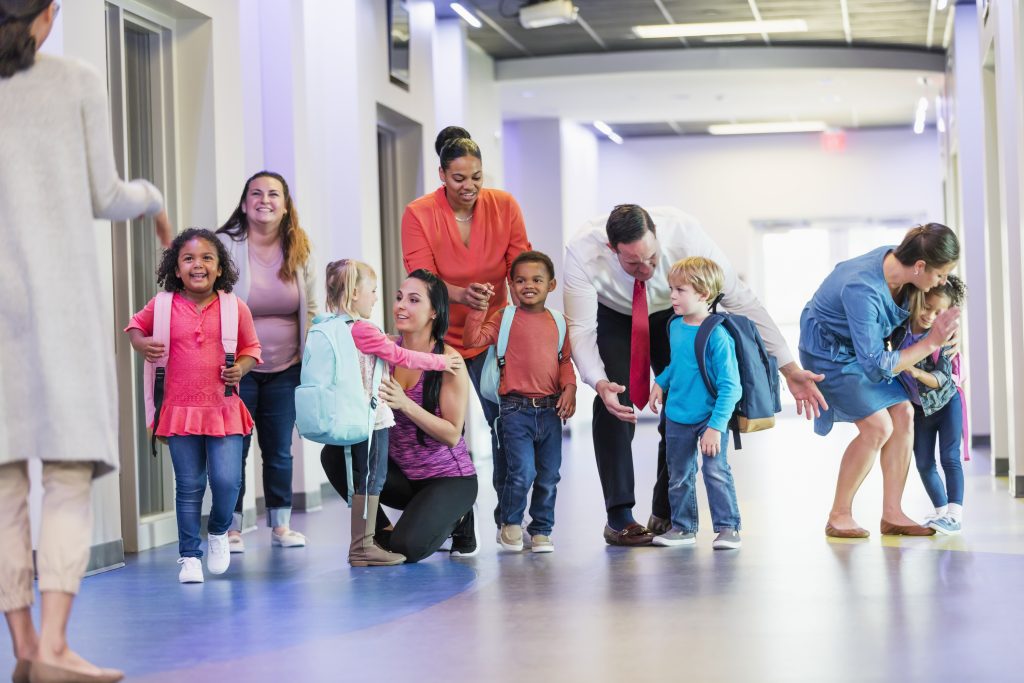
Amy has this to say about the members of her group, “My group is always looking for innovative ways to collaborate with those organizations, community members, etc. they see as vital in supporting a child’s development. They have excellent ideas already and each member contributes to the conversations. They have been able to find takeaways from their discussions and try it out in their own districts. This group is encouraging and supportive of each other while recognizing the challenges each of them face. They are true problem-solvers.”
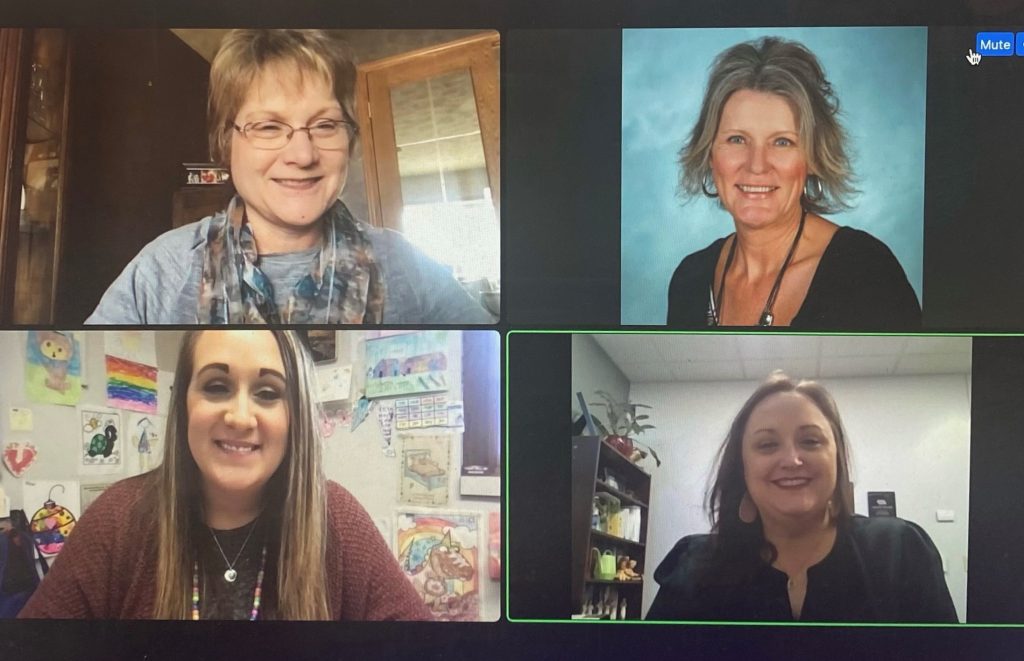
Pictured: Allyson Bohlen — Adams Central Early Learning Center, Abbey Cron — Centura Elementary School, Dr. Chelsea Feusner — Kearney Public Schools
The members of this group have gone after partnerships — whether it be with families or with community agencies and organizations. The premise behind their capstone projects is to have partnerships that will ease the transition from home to school. They have identified the gaps and barriers that may prohibit these partnerships and have done a great job addressing them.
Amy is very pleased with the path her cohort group is on, “I am very proud of the work they have done! Their capstone projects are helping them stay focused on their end goals — knowing full well that it cannot all be completed immediately — they will progress over time. They now have a springboard to launch and lead change in their districts.”
Ensuring Equitable Opportunities
We’ve been giving you a look inside Nebraska’s NAESP PreK-3 Leadership Academy and introducing you to the Nebraska Advisors guiding the 20 members of cohort 2 through the academy. Read on to learn how Jason Hippen, Director of Student Services for Nebraska Public Schools, is leading his group through their capstone project.
Jason’s group has chosen to focus their learning on the competency of Ensuring Equitable Opportunities. This competency consists of four major components.
Teachers and administration will:
- Develop critical self-awareness and knowledge of oppression, privilege and cultural competence.
- Establish a school climate that is open, inclusive and affirming of differences (for staff, students and their families).
- Examine school data sources and stakeholder feedback to identify disproportionalities and disparities.
- Differentiate resources and strategies to ensure students, teachers, staff and families have equitable opportunity to succeed.
In the early learning and the early grades, it is important to keep in mind that what a child currently knows and is able to do is largely reflective of the opportunities that child has been provided, not an indicator of what the child is capable of learning. As young children enter early care and education (ECE) programs and schools, the teachers and leaders they engage with profoundly influence the quality of learning opportunities they experience. It is during these PreK-3rd grade years that many young children encounter for the first time non-family members who influence how children think about their worth and who they are capable of becoming.
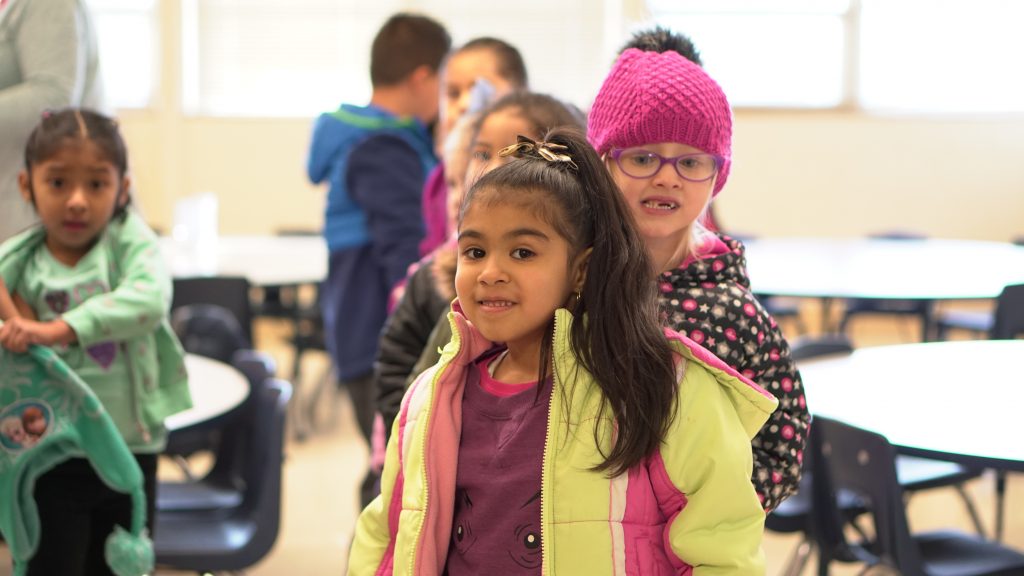
The four members of this group have created capstone projects to improve equitable outcomes for the students or families of their respective school districts. Each of these four capstone projects are described briefly below:
Family Engagement: A group member from Lexington Public Schools has increased the number of family engagement events and encouraged families to attend and realize the impact they can make on their child’s future. Family engagement, or getting parents involved their child’s education, is an important aspect of making sure students and families have equitable opportunities to succeed.
Equitable Learning Project: In Omaha Public Schools a teacher has created a sound wall within her classroom. Students add to this wall when they read words from stories that are specific to the skill area taught within that story. This project will help students become successful readers giving them equitable learning opportunities and resources.
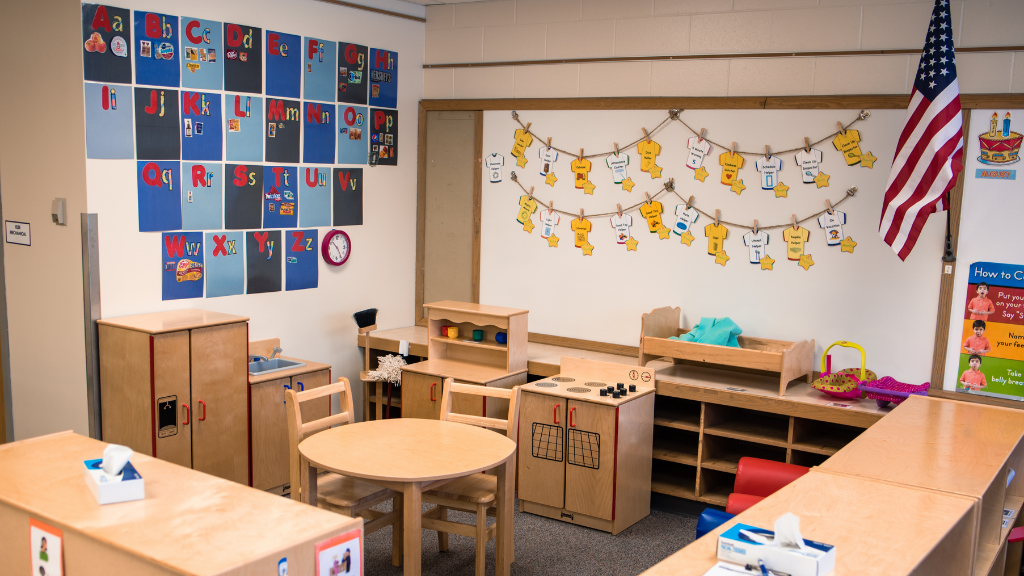
Preschool Placement for Students: A group member from Seward Public Schools has developed a system/rubric to tier students that are in preschool based on their level of need. This will help them be equitable in how students are placed in classrooms to better serve students and meet their specific needs.
Effective Preschool Strategies: Another team member from Omaha Public Schools is implementing specific engagement strategies so students can be more successful. These engagement strategies give every student an equitable opportunity to show improvement and demonstrate learning.
These capstone projects are expanding on the learning of each participant by demonstrating an action plan that relates to the competency of equity.
February 2022 Newsletter
Black History Month
Happy Black History Month!
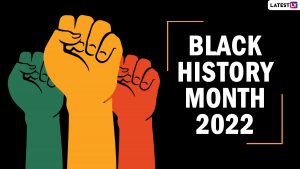 Black History Month is an annual celebration of achievements by African Americans and a time for recognizing their central role in U.S. history. Many of these significant figures were a part of the Civil Rights Movement in the 1950s and 1960s. Also known as African American History Month, the event grew out of “Negro History Week,” the brainchild of noted historian Carter G. Woodson. Since 1976, every U.S. president has officially designated the month of February as Black History Month. Other countries around the world, including Canada and the United Kingdom, also devote a month to celebrating Black history. Because of its international appeal, Black History Month has become so much more than the Civil Rights Movement. It offers an opportunity for students to learn about the diaspora of African peoples. Black History includes the reign of Mansa Musa in Timbuktu, writers Olaudah Equiano, Phillis Wheatley and Rudolph Fisher, poet Paul Laurence Dunbar, and the many other ancestors of the past who have transitioned to the next life.
Black History Month is an annual celebration of achievements by African Americans and a time for recognizing their central role in U.S. history. Many of these significant figures were a part of the Civil Rights Movement in the 1950s and 1960s. Also known as African American History Month, the event grew out of “Negro History Week,” the brainchild of noted historian Carter G. Woodson. Since 1976, every U.S. president has officially designated the month of February as Black History Month. Other countries around the world, including Canada and the United Kingdom, also devote a month to celebrating Black history. Because of its international appeal, Black History Month has become so much more than the Civil Rights Movement. It offers an opportunity for students to learn about the diaspora of African peoples. Black History includes the reign of Mansa Musa in Timbuktu, writers Olaudah Equiano, Phillis Wheatley and Rudolph Fisher, poet Paul Laurence Dunbar, and the many other ancestors of the past who have transitioned to the next life.
If you are looking for resources and lesson plans to commemorate Black history in your classroom, check out the links below!
- Black History Month – blackhistorymonth.gov
- Celebrate Black History Month – National Museum of African American History and Culture
- 60 Second Podcasts for Black History Month
- African American History and Culture in the United States – EDSITEment
- Black History Classroom Materials – Facing History and Ourselves
- How Are You Teaching Black History? – Learning for Justice
- Exploring the Vastness of Black History – Edutopia
- Black History – PBS Learning Media
- BlackPast
- Black History Month Resource Guide for Educators and Families – Center for Racial Justice in Education
- Civil Rights Movement Archive
- Civil Rights Digital Library
- Teaching Resources for Black History Month – National Archives
- Black History Month – iCivics
Showing Movies and Videos in Class
As I have said before, this school year has been a trying one for teachers. I am not in the classroom and will not pretend to understand the difficulties that many educators face and have faced. You all are handling yourselves with grace and professionalism and I can only tip my hat at the amazing job that is happening. To that end I have fielded several questions this school year about showing movies in the classroom, which is an uptick than in previous years. I recently came across this article and thought I would share excerpts from it with you. Please reach out to your building administrators or district leads for specific questions concerning policies surrounding showing movies and videos in your classroom.
Showing Movies & Videos in Class (for access to the full article)
By: Erik Ofgang
Most of us remember at some point in our education a teacher who would wheel a TV into class, pop a video in the VCR, press play, and then take a literal or proverbial nap for the remainder of class time.
That’s exactly how not to utilize film, documentaries, or other video presentations in class, says Britton Barnes, a 7th and 8th grade social studies teacher at Clement Middle School of the Redlands USD in California. However, when used correctly – in short clips with educator-provided context – videos, films, and documentaries can be a way to enhance lessons while giving students a deeper understanding of topics ranging from science to history to media literacy.
Use Video To Support Not Replace The Lesson
Videos are best used to build on already existing lessons by providing another way to understand or connect with the material for students. “It’s one thing to see the photosynthesis process or worksheet, or on paper, it’s another thing to visually see it,” Beerer says. Barnes uses video to help his students form a deeper connection with history through historic clips and recreations that can help them connect with the material.
Keep Videos Short and Model Good Viewing Habits 
While extended screenings may work once in a while, you generally want to keep it short, 15 minutes or under, and almost never want to devote an entire class session to a screening. Beerer says research shows shorter clips are better, and it is easier to align a shorter clip both to your existing lesson plans and to students’ attention spans.
Some of the clips Barnes uses in his class can be as short as a minute or two, and rarely exceed a quarter-hour on a video or a single activity of any kind. “I don’t like to go over 15 minutes on anything. I like to keep moving,” he says.
Examine the Source and Accuracy of Films and Videos
When screening documentaries, Barnes has his students source the video by asking questions such as:
- Who made this?
- Why did they make it?
- Is it relevant?
- Can I corroborate this information with maybe something I’ve read?
“Then I always tell my students, we’re going to learn to be historians rather than learn history, right? Because those are skills you carry across all disciplines,” he says.
He has a similar approach when showing historical films.
“When we are using a Hollywood film, we’ll even play games like, ‘Is it history? Or is it Hollywood?’” Barnes says.
After guessing which film segments are real and which are created by screenwriters, students then research and confirm the changes Hollywood made. “The way you present can create a lot of excitement, and a lot of tension or drama, and interest,” he says.
Make Sure The Video Screens on Your Class System and Licensing is In Order
Many educational services provide videos to teachers specifically for the purpose of screening in class. In general, showing a film at school for students is permitted under U.S. copyright law, but holding a public viewing with parents or other community members is not allowed. Check with a school librarian or with your technology or AV teams for best practices and institution policies.
Empower Students to Share Their Reactions to the Video and Film
Educators can all too often influence how students react to a film screened in class, says Arnold Blumberg, an adjunct professor at the University of Maryland, Baltimore County, who regularly incorporates film into his classes. “It’s an easy pitfall, particularly as someone who’s probably far more steeped in the material than the students are, or has seen a given movie many more times than they’re likely to have seen it, to start imposing your perceptions on them,” he says. “And it’s important even as the teacher to not dominate the immediate reactions, and to allow these things to happen organically.”
That means establishing an environment in which all students feel comfortable reacting to the film in the way that they experienced it.
Create Your Own Wordle
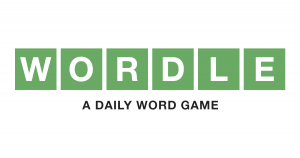 Are you obsessed with the daily Wordle as much as I am? Now educators (and everyone else for that matter) has the opportunity to create your own Wordle. Use this platform to strengthen student vocabulary, help students prepare for a summative assessment, or a myriad of other ways to engage young people with words! Wordle is a fun and great way to engage students with critical thinking skills. Send me an email with all of the fantastic ways you were able to incorporate Wordle into your classroom!
Are you obsessed with the daily Wordle as much as I am? Now educators (and everyone else for that matter) has the opportunity to create your own Wordle. Use this platform to strengthen student vocabulary, help students prepare for a summative assessment, or a myriad of other ways to engage young people with words! Wordle is a fun and great way to engage students with critical thinking skills. Send me an email with all of the fantastic ways you were able to incorporate Wordle into your classroom!
Explore Geo-Inquiry With Us!
Jump into our Tennessee C3 Hub featuring four new elementary geography inquiries designed by our team of terrific Tennessee teachers!
Tennessee teachers, led by Hamilton County School District and supported by National Geographic, are using the Inquiry Design Model (IDM) to help students develop an explorer’s mindset! By weaving together geographic thinking, inquiry, literacy, and civic action, these elementary teachers are showing us how you can do it all. Check out some of the inquiries Hamilton teachers have created!
A Great Moral and Social Force: A History of Black Banks
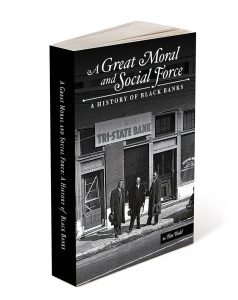 KC Fed publishes a new historic book on Black banks, communities and impact.
KC Fed publishes a new historic book on Black banks, communities and impact.
The Kansas City Fed has published its latest book, A Great Moral and Social Force: America’s First Black Banks. This book explores the growth of Black banks in the cities of Richmond, Virgina; Boley, Oklahoma; Chicago; Memphis, Tennessee; and Detroit.
These cities each have a rich history of Black wealth and economic success that may not be familiar to many Americans. The book moves across eras to examine some of the communities where these banks played a dual role in establishing both economic opportunity and social equality.
Printed books will be shipped as soon as they are available. Please direct questions to historicalbooks@kc.frb.org.
TO DOWNLOAD A DIGITAL COPY, OR FOR MORE INFORMATION, VISIT THE BOOK WEBSITE.
Next Gen Personal Finance Taxes Curriculum
NGPF’s Taxes curriculum is now updated for the 2021 filing year! Bring these current and relevant resources to your students so they can learn the basics of why we file taxes, the various tax forms they’ll need, and how they can file a tax return. Keep reading to learn more about these updates!
What’s Been Updated?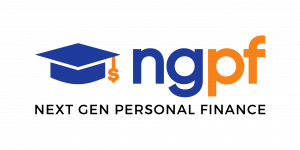
- Figures for the 2021 Filing Year: All of NGPF’s curriculum is updated to include the 2021 standard deduction, minimum income requirements to file a return, tax brackets, and more.
- Lessons: NGPF lessons in the Full-Year, Semester, 9-Week, and Middle School courses are all up to date.
- Nearpod Lessons: Any updates made in Semester, 9-Week, and Middle School Course lessons have also been made in their corresponding Nearpod lessons.
- Supplemental Resources & Answer Keys: All activities, case studies, data crunches, and more have been updated to reflect the latest figures and information for the 2021 tax filing year.
- Tax Forms: All resources now include the latest tax forms such as the W-2, 1040, and more for the 2021 filing year.
- Spanish Resources: All updates made in English resources are now reflected in the Spanish versions.
What Has Not Been Updated?
These updates are not a complete revamp of NGPF’s tax resources. We did not rewrite entire lessons or activities. We updated the existing content to reflect the latest figures and information relevant to the 2021 filing year.
Nebraska Personal Finance Challenge
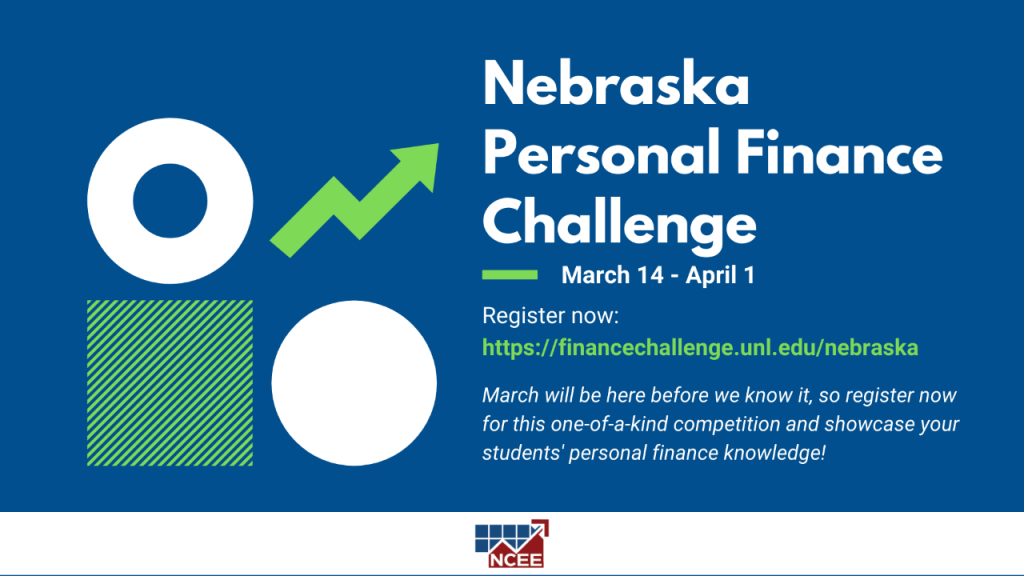
Books of the Month
February “Books of the Month”
You’ll Never Believe What Happened to Lacey
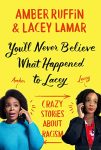 By: Amber Ruffin and Lacey Lamar
By: Amber Ruffin and Lacey Lamar
Now a writer and performer on Late Night with Seth Meyers and host of The Amber Ruffin Show, Amber Ruffin lives in New York, where she is no one’s First Black Friend and everyone is, as she puts it, “stark raving normal.” But Amber’s sister Lacey? She’s still living in their home state of Nebraska, and trust us, you’ll never believe what happened to Lacey.
The Sioux Chef’s Indigenous Kitchen
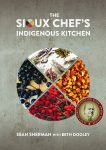 By: Beth Dooley and Sean Sherman
By: Beth Dooley and Sean Sherman
Here is real food—our indigenous American fruits and vegetables, the wild and foraged ingredients, game and fish. Locally sourced, seasonal, “clean” ingredients and nose-to-tail cooking are nothing new to Sean Sherman, the Oglala Lakota chef and founder of The Sioux Chef. In his breakout book, The Sioux Chef’s Indigenous Kitchen, Sherman shares his approach to creating boldly seasoned foods that are vibrant, healthful, at once elegant and easy.
Sherman dispels outdated notions of Native American fare—no fry bread or Indian tacos here—and no European staples such as wheat flour, dairy products, sugar, and domestic pork and beef.
Leadership in Turbulent Times
 By: Doris Kearns Goodwin
By: Doris Kearns Goodwin
In Leadership, Goodwin draws upon the four presidents she has studied most closely—Abraham Lincoln, Theodore Roosevelt, Franklin D. Roosevelt, and Lyndon B. Johnson (in civil rights)—to show how they recognized leadership qualities within themselves and were recognized as leaders by others. By looking back to their first entries into public life, we encounter them at a time when their paths were filled with confusion, fear, and hope.
The Soul of America
 By: Jon Meacham
By: Jon Meacham
Our current climate of partisan fury is not new, and in The Soul of America Meacham shows us how what Abraham Lincoln called the “better angels of our nature” have repeatedly won the day. Each of these dramatic hours in our national life have been shaped by the contest to lead the country to look forward rather than back, to assert hope over fear—a struggle that continues even now. While the American story has not always—or even often—been heroic, we have been sustained by a belief in progress even in the gloomiest of times. In this inspiring book, Meacham reassures us, “The good news is that we have come through such darkness before”—as, time and again, Lincoln’s better angels have found a way to prevail.
National Council for History Education – The Rural Experience
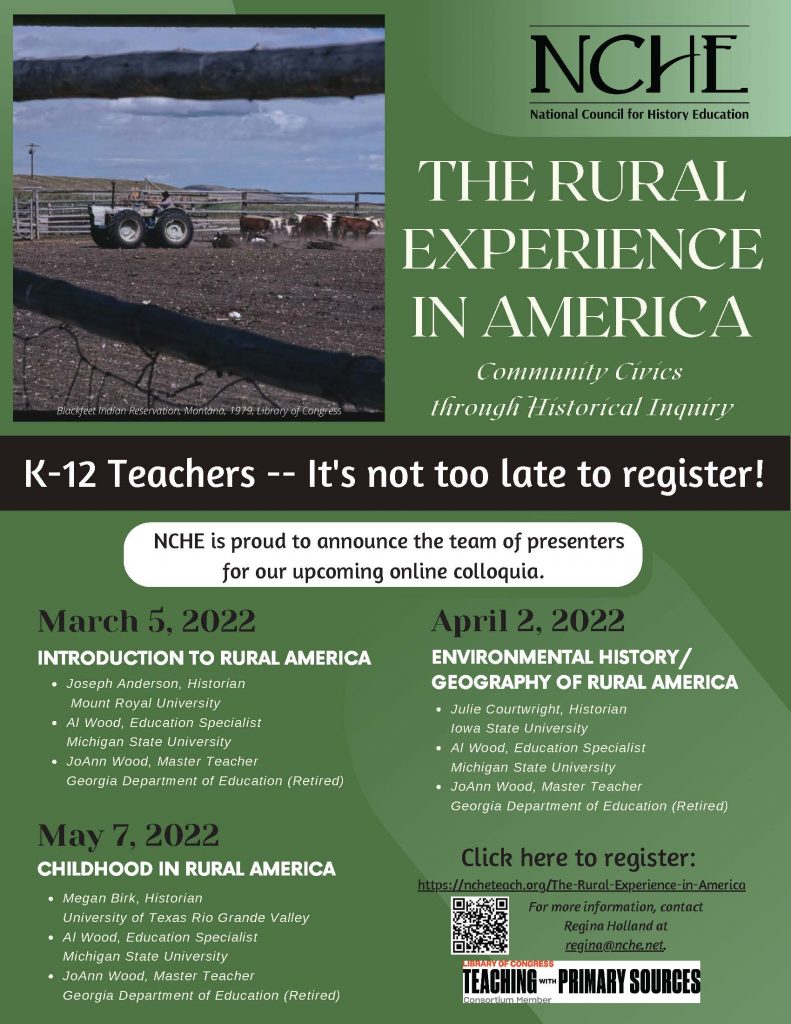
Foreign Policy Association – Great Decisions Teacher Training Institute
Admissions are Now Open!
 The FPA is proud to announce that the 14th annual Great Decisions Teacher Training Institute is now accepting applications from teachers across North America.
The FPA is proud to announce that the 14th annual Great Decisions Teacher Training Institute is now accepting applications from teachers across North America.
If you apply today, you will have the opportunity to join a top-tier group of fellow educators for one week of intensive international affairs workshops with policy makers and experts in New York City.
Participants will receive travel stipends and free hotel accommodation during the institute, as well as visits such as the Metropolitan Museum of Art, The Federal Reserve, and the United Nations.
If you or educators you know are looking for a way to integrate new techniques, materials, and perspectives into the classroom, do not pass up this opportunity to join the Great Decisions Teacher Training Institute!
Email teachers@fpa.org and request an application form.
Applications are due Friday, March 11th, 2022
American Lawyers Alliance – Teacher of the Year Award
LAW-RELATED EDUCATION TEACHER OF THE YEAR $3,000 AWARD
For the past sixty years, the American Lawyers Alliance has been active in its support of public education, citizenship awareness and various service programs. Recognizing the vital role that teachers play in law-related education, the ALA began in 1985 to sponsor Law-Related Education Teacher of the Year Awards. 
PURPOSE:
The purpose of these four awards is to honor public and private High School teachers who have made significant contributions in law-related education and have developed programs that meet the following criteria.
- Furthered the understanding of the role of the courts, law enforcement agencies and the legal profession
- Helped students recognize their responsibilities as well as their rights
- Encouraged effective law-related education programs in their schools and communities
- Increased communication among students, educators and those involved professionally in the legal system
NOMINATIONS:
Nominations for the 2022 Law-Related Education Teacher of the Year Awards may be submitted by the applicant, school administrators, other teachers, students, lawyers, judges, professional members of the community, or any other interested parties by March 15, 2022.
Keeping the Spirit of Democracy Alive Across the Nation
The American Lawyers Alliance is a charitable, educational and nonprofit organization whose mission is to promote understanding and appreciation of the law and the American legal system.
Visit the ALA website www.americanlawyersalliance.org for an application and information about this award, including information about previous winners.
Hamilton and the First Bank of the U.S.
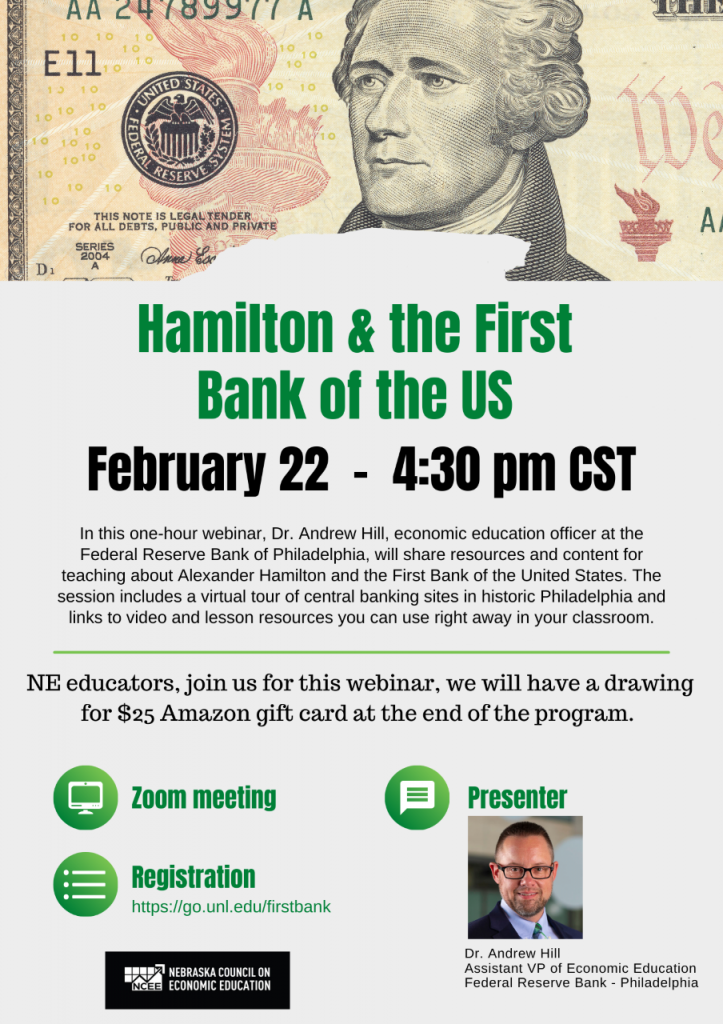
MyImpact Challenge – Bill of Rights Institute
MyImpact Challenge is a civic engagement contest hosted by the Bill of Rights Institute. Our goal is simple: foster a robust understanding of citizenship and get students active in their communities now!
 Submission is open to US citizens and US based young people between the ages of 13 and 19 years old on January 1, 2021. Submission must be received by 11:59 pm PT on Sunday, May 1, 2022. Only submissions entered through MyImpact Challenge’s online portal will be accepted for the contest. The contest is designed for one student per entry, but groups of up to five students may submit as a single group entry. Prizes awarded to group entries will be split evenly between entrants.
Submission is open to US citizens and US based young people between the ages of 13 and 19 years old on January 1, 2021. Submission must be received by 11:59 pm PT on Sunday, May 1, 2022. Only submissions entered through MyImpact Challenge’s online portal will be accepted for the contest. The contest is designed for one student per entry, but groups of up to five students may submit as a single group entry. Prizes awarded to group entries will be split evenly between entrants.
Each submission must include the following:
- An essay of up to 1,200 words expressing the student’s a) understanding of the ideal of “E Pluribus Unum” and how their project furthers that ideal in their community b) How their project furthers at least one Civic Virtue and one of Founding Principle as defined in the Bill of Rights Institutes “Principles and Virtues.”
- A report of up to 2,000 words detailing a student’s completed or in-progress civic engagement project. Report must include the following components.
- The inspiration for the project.
- The project plan.
- Details of the project’s execution
- At least two examples of the project’s demonstrated impact on the community.
- How the student(s) grew in understanding of the role of Civic virtue, knowledge of their communities, and their ability to support or impact them.
- Visual documentation of the student’s project and its results in one of the following formats:
- Photographic Only: No fewer than ten and no more than twenty high-resolution still photographs, submitted in either JPEG or PNG format.
- Video Only: One video of no more than five minutes, submitted in MP4 format
- Mixed Photographic and Video: No fewer than five and no more than seven high-resolution still photographs as well as one video of no more than two minutes. Photographs must be in either JPEG or PNG format, and video must be in MP4 format.
Nebraska Story Map Competition 2022
The Nebraska Story Map Competition encourages students to use a powerful mapping application called geographic information systems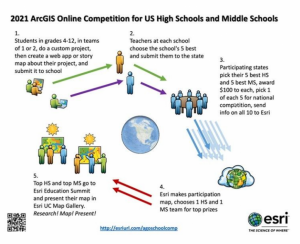 (GIS) to research and analyze some aspects of Nebraska. Students will showcase their results in a story map. This online competition is open to students in high school grades 9-12 or middle school grades 4-8. Students can complete a map project in a team of 1 or 2 students.
(GIS) to research and analyze some aspects of Nebraska. Students will showcase their results in a story map. This online competition is open to students in high school grades 9-12 or middle school grades 4-8. Students can complete a map project in a team of 1 or 2 students.
The 5 best HS + 5 best MS map entries will be awarded $100 each. Two-member student teams will divide the cash award. FYI- we have had no middle school student map entries since 2018. Let’s change this!
This URL Nebraska Story Map Competition 2022 (arcgis.com) provides a description of the competition, showcases last year’s top 5 HS student maps, and tutorials on how to use the GIS mapping software called ArcGIS Online. Contact Dr. Lesli Rawlings at lerawli1@wsc.edu if you have any questions about the competition or want more information.
Registration closes on February 11, 2022.
2022 Summer Professional Development Opportunities in Social Studies
 This document was compiled by the Council of State Social Studies Supervisors as a way to communicate the wealth of professional development opportunities available to social studies educators. A special thanks to all of the organizations who helped contribute to this work and to the many organizations who are offering high quality social studies professional development for social studies teachers across the country. Many of the opportunities below are offered free or low cost, but some opportunities do have a cost. When opportunities are highlighted in yellow, it means there are not yet 2022 updates for that particular program. The document will be updated through the spring of 2022. Please email Stefanie Wager at stefanie.rosenbergwager@gmail.com with any questions, comments, or to add programs to this list.
This document was compiled by the Council of State Social Studies Supervisors as a way to communicate the wealth of professional development opportunities available to social studies educators. A special thanks to all of the organizations who helped contribute to this work and to the many organizations who are offering high quality social studies professional development for social studies teachers across the country. Many of the opportunities below are offered free or low cost, but some opportunities do have a cost. When opportunities are highlighted in yellow, it means there are not yet 2022 updates for that particular program. The document will be updated through the spring of 2022. Please email Stefanie Wager at stefanie.rosenbergwager@gmail.com with any questions, comments, or to add programs to this list.
Journal of Economics Teaching
A Resource for the Economic Education Community!
JET is a peer-reviewed, economics pedagogy journal devoted exclusively to transmitting innovative teaching ideas to educators of economics at ALL levels. Production resources provided by the University of Nebraska – Omaha’s College of Business Administration.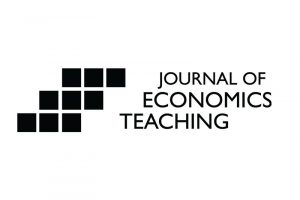
The Journal of Economics Teaching (JET) was the brainchild of Dirk Mateer and became a reality in 2015 through a generous start-up grant from the Thomas R. Brown Foundation.
JET was created to connect educators looking for a community to share their ideas on ways to teach economics as a whole or specific economic concepts. We encourage educators at all levels to submit, read, and connect with others in the community. The Journal will be publishing ideas from the elementary level through graduate level economics.
JET offers a new kind of journal for those educators interested in making their classroom more engaging and more innovative while not losing the rigor expected in an economics course. Along with journal articles, JET will provide supplemental materials like websites, computer programs, and lesson plans that help keep the lecture an environment conducive to learning economic materials.
Presidential Primary Sources Project
January 2022 through March 2022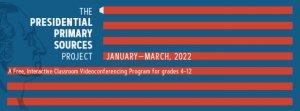
History Comes Alive in Your Classroom!
With the Presidential Primary Sources Project (PPSP), your class can engage in live, interactive discussions and use primary source documents to understand our nation’s presidents. Transport your students to places that helped shape past presidents’ lives. It’s easy to sign up for the PPSP, a free service, which is a partnership between Internet2, the National Park Service, and the National Archives.
ESRI Academy – Cartography
 Learn from experts and make beautiful maps using ArcGIS Pro.
Learn from experts and make beautiful maps using ArcGIS Pro.
Once, only cartographers made maps. Today, anyone can. Still, cartographers can teach people to make better maps, just as chefs can show people how to prepare better meals. With coaching from accomplished cartographers and practical, hands-on exercises, you’ll become a smarter mapmaker, ready to go beyond the defaults and produce engaging maps that communicate with impact.
President’s Day Teacher Resources
Presidents’ Day is a federal holiday celebrated on the third Monday in February; Presidents’ Day 2022 will occur on Monday, February 21. Originally established in 1885 in recognition of President George Washington, the holiday became popularly known as Presidents’ Day after it was moved as part of 1971’s Uniform Monday Holiday Act, an attempt to create more three-day weekends for the nation’s workers. While several states still have individual holidays honoring the birthdays of Washington, Abraham Lincoln and other figures, Presidents’ Day is now popularly viewed as a day to celebrate all U.S. presidents, past and present.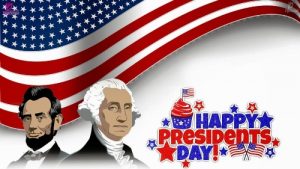
Below are resources to help you teach about President’s Day. It is an important holiday and it is also state law to commemorate the day.
Nebraska State Statute 79-794
(6) Appropriate patriotic exercises suitable to the occasion shall be held under the direction of the superintendent in every public, private, denominational, and parochial school on George Washington’s birthday, Abraham Lincoln’s birthday, Dr. Martin Luther King, Jr.’s birthday, Native American Heritage Day, Constitution Day, Memorial Day, Veterans Day, and Thanksgiving Day, or on the day or week preceding or following such holiday, if the school is in session.
- President’s Day Lessons – Center for Civic Education
- George Washington, Abraham Lincoln, and the President’s Day Holiday – EDSITEment
- George Washington’s Birthday – National Archives
- The President’s – WhiteHouse.gov
- President’s Day – GovInfo.gov
- Washington, Jefferson, and Lincoln: Three Great Presidents – Library of Congress
- President’s Day Activities – Education World
Embracing and Enacting
Welcome to Nebraska’s NAESP PreK-3 Leadership Academy blog! We will be bringing you updates and perspectives from the advisors who are leading the 20 members of cohort 2 through the leadership academy coursework. We checked in with advisor Tiffany Shonerd, Children Services Director at Blue Valley Community Action Partnership, to see how her group is coming on their capstone projects.
Within the Leadership Academy, participants spend time engaging with competencies that support their growth and development as a leader of a PreK-3rd grade space. After an initial overview of each of the competencies, cohort participants choose a competency that they would like to learn more about it. Provide a brief overview of the competency your group has chosen for their focus.
The great part of being an educator is having the love of learning. We want to learn for our growth, but also the development of others that we are teaching. My group is excited to have their capstone revolve around Competency 3: Embracing and Enacting a PreK-3rd Grade Vision in the Leading Learning Communities: A Principal’s Guide to Early Learning and the Early Grades book. This competency encourages a deeper look from school leaders on how to align vision, culture, and curriculum from within the early years and beyond. Each participant encapsulates their school or district vision and how they want to make it stronger for the individual learners.
How is your group learning in action through this process?
The assignments allow for more information through the resources given along with reflection and expert responses from the peers. For example, one participant advised on early learning workshops for the community’s early childhood workforce as a way to align the vision as a community. Another participant just started ReadyRosie, and a peer commented on how it has worked for her, so the comradery of the leaders is present and helpful with the project and just the job in general.
To demonstrate learning, cohort participants engage in a capstone project that directly relates to their competency and a problem of practice within their school/community. What capstone projects are the members of your group working on?
- Vertical alignment of math curriculum while using knowledge of child development as a guide to provide PD in this area for all teachers
- Alignment of the K-2 practices in English Language Arts to build a stronger primary system.
- The principal will engage in a once-a-month PK-3 PLC to help improve students and teacher outcomes in the areas such as SEL, DAP, behaviors, and other academics.
- Providing support to all teachers in understanding child development by using the child development continuum, looking specifically at the culture.
- Incorporating play based learning centers in the early learning classrooms to help decrease behaviors and increase student mastery of standards.
Describe how the capstone projects are expanding upon the learning from the course
Each individual participating in this course is taking different pieces of the learning opportunities that are embedded in this course and putting them to work. For instance, one participant has dove into curriculum alignment across a few lower grades in the PreK-3 grade classrooms. Her vision, along with the buy-in of her teachers, will create an understanding of each level of learning so there isn’t a repeat of learning in each grade and there isn’t an assumption on the next level teacher that something has been taught in the previous grade. This is specifically a reflective capstone assignment in lesson 4. Another participant dug deeper into how to incorporate STEM projects as a way to enhance her capstone project of play-based learning. The combination of the reflective questions and responses from the peers incorporates critical thinking along with support.



